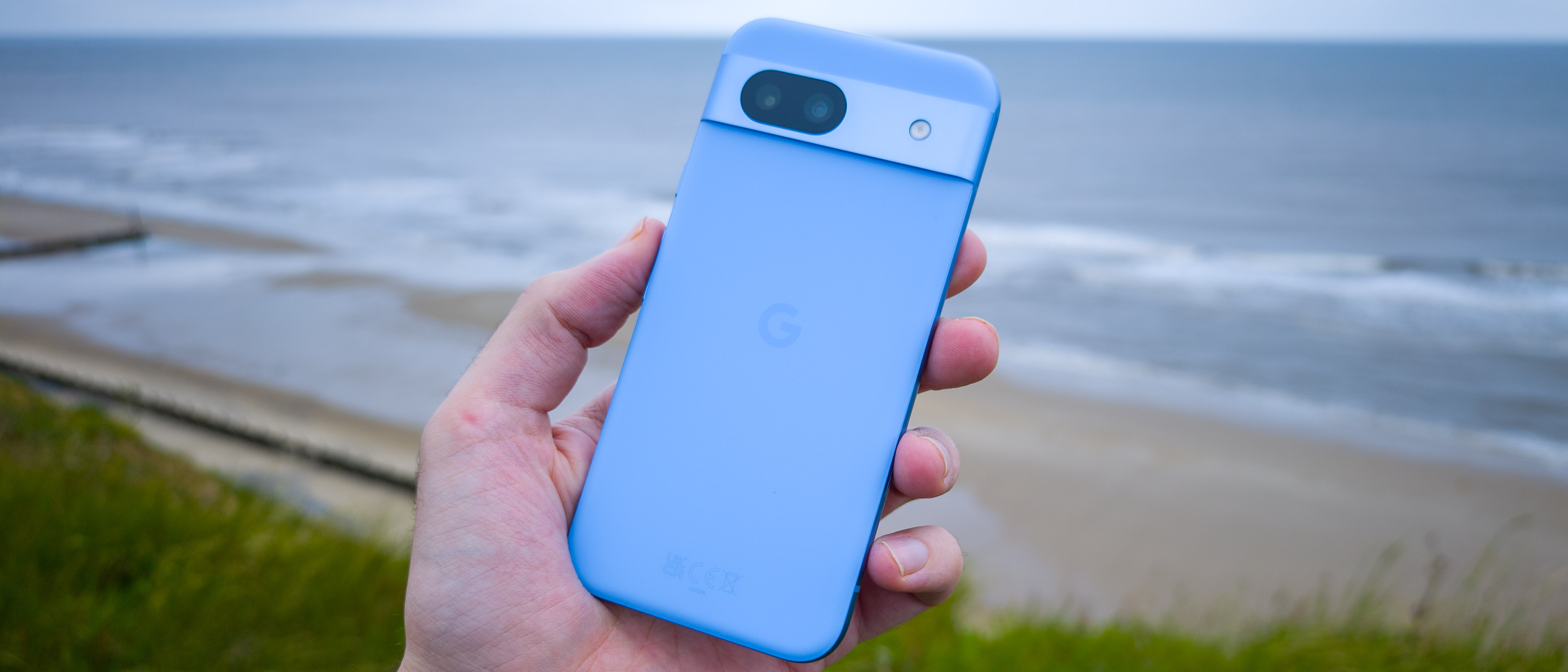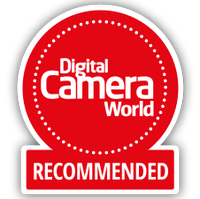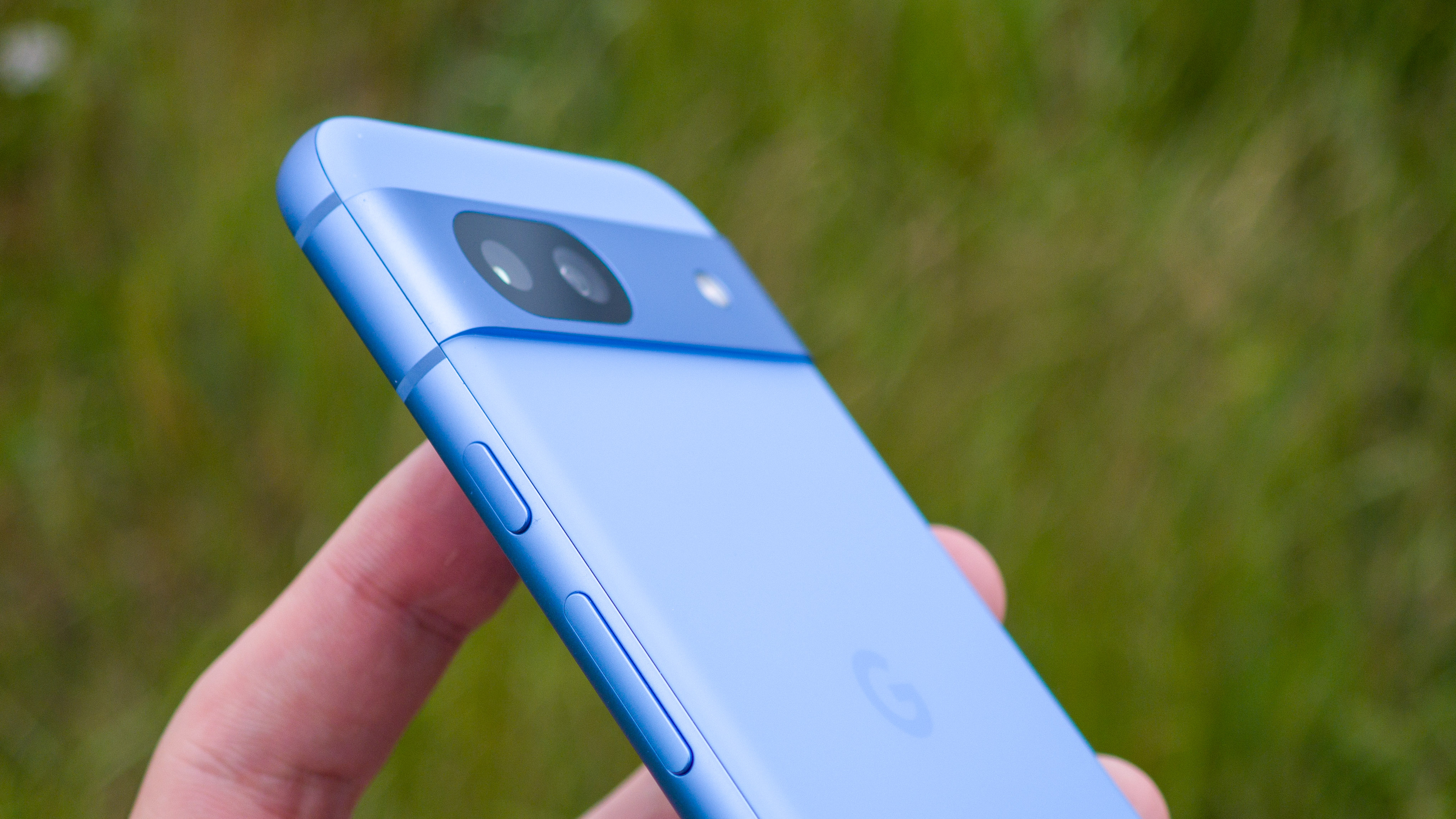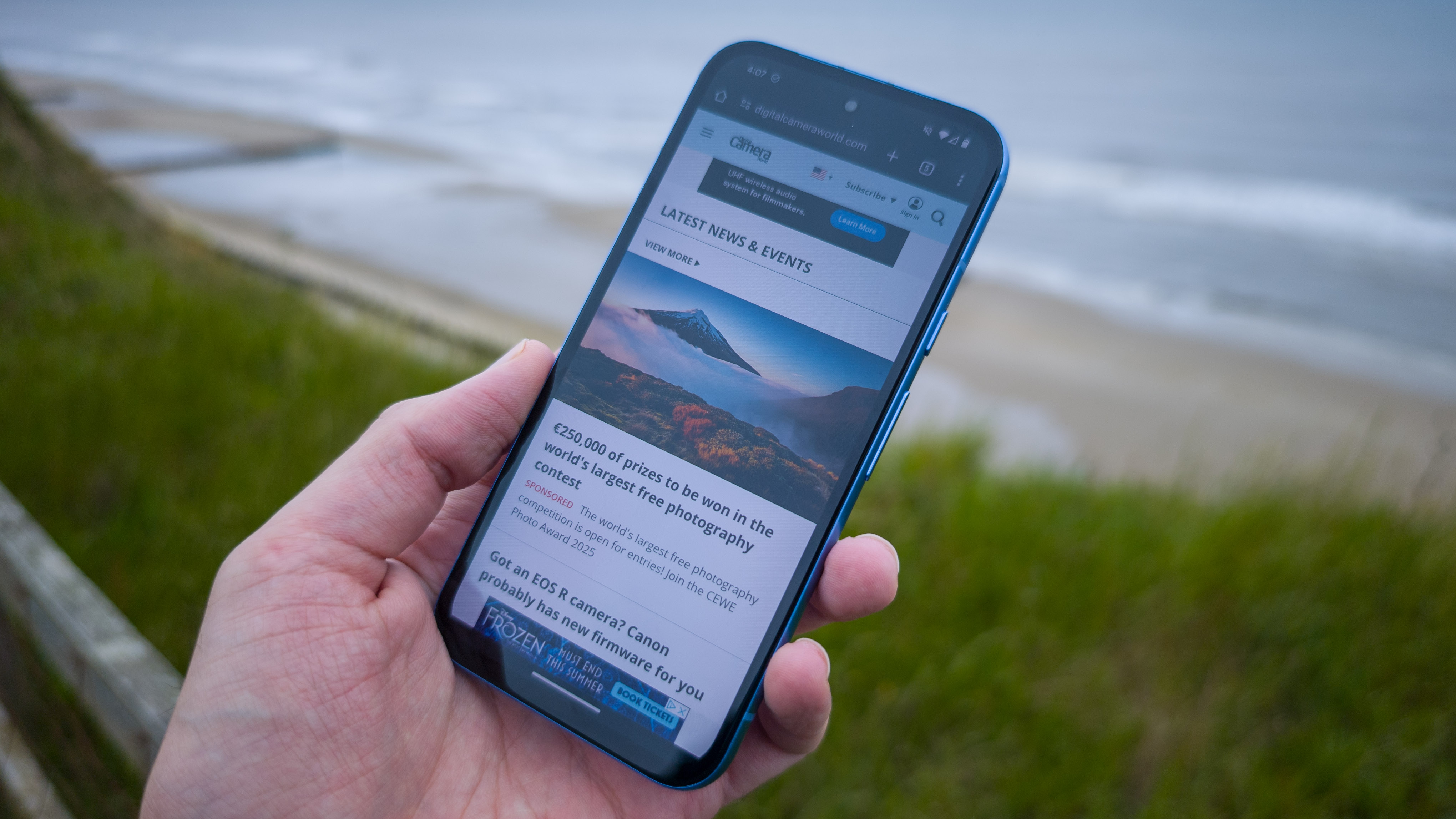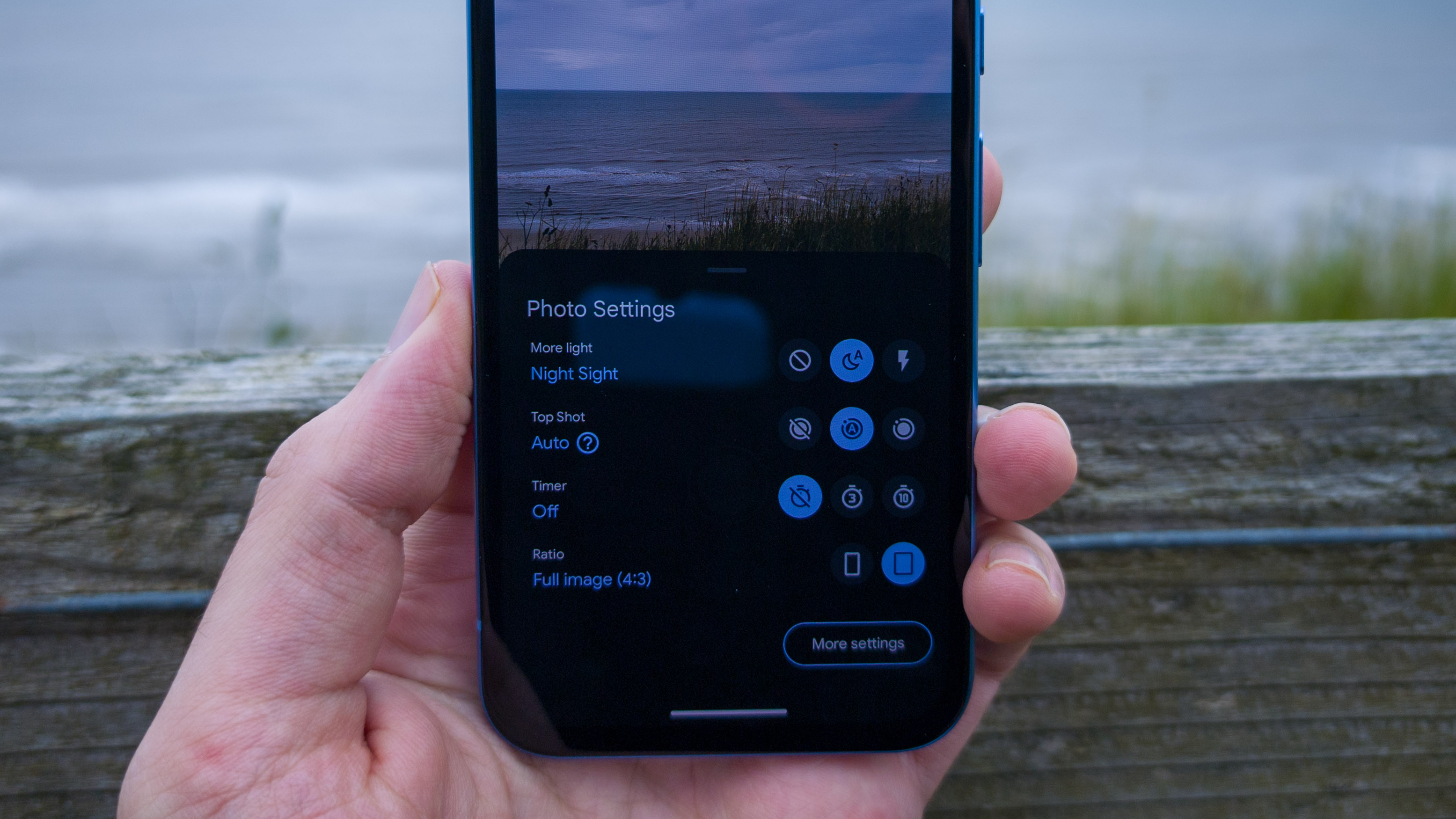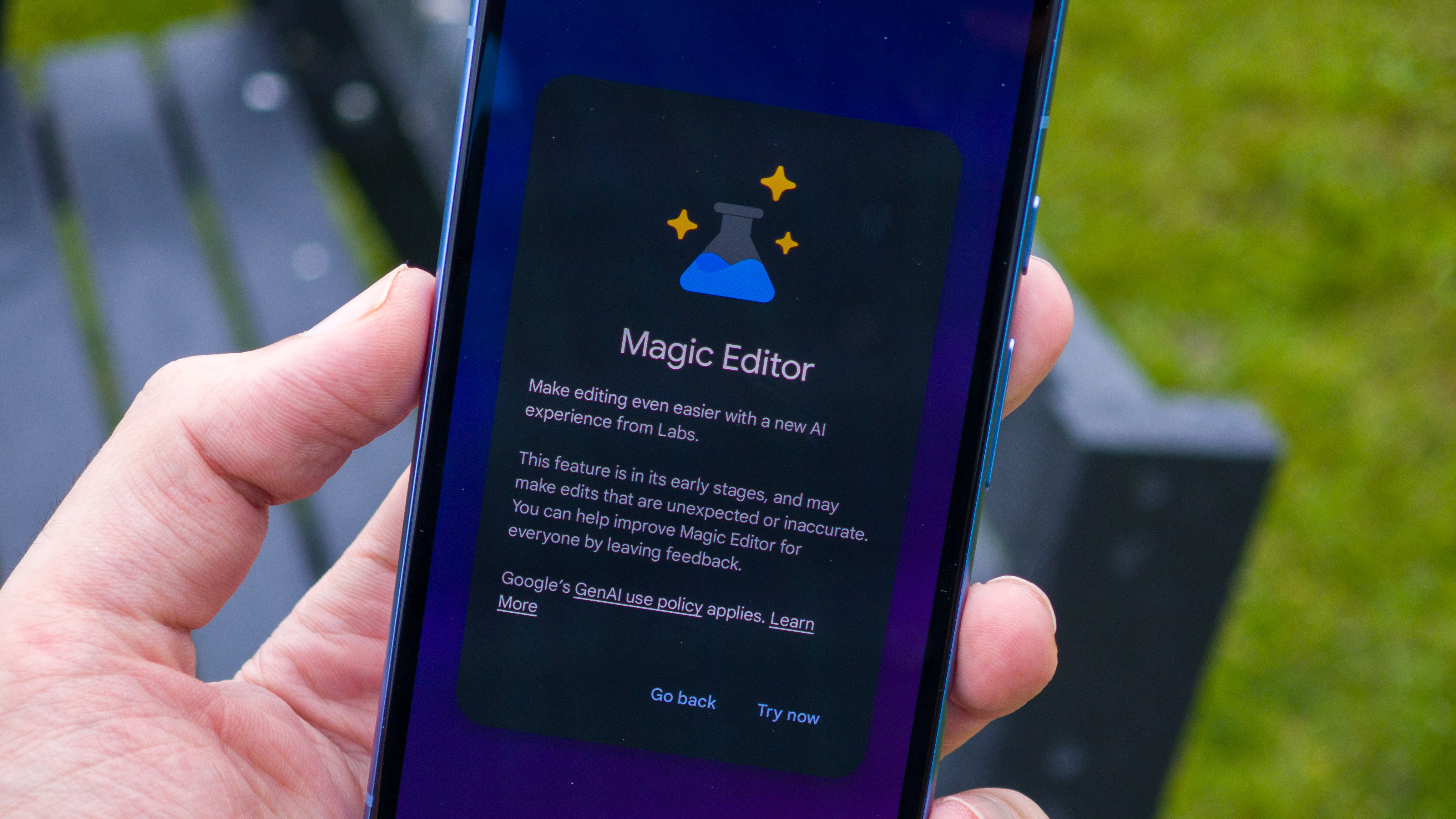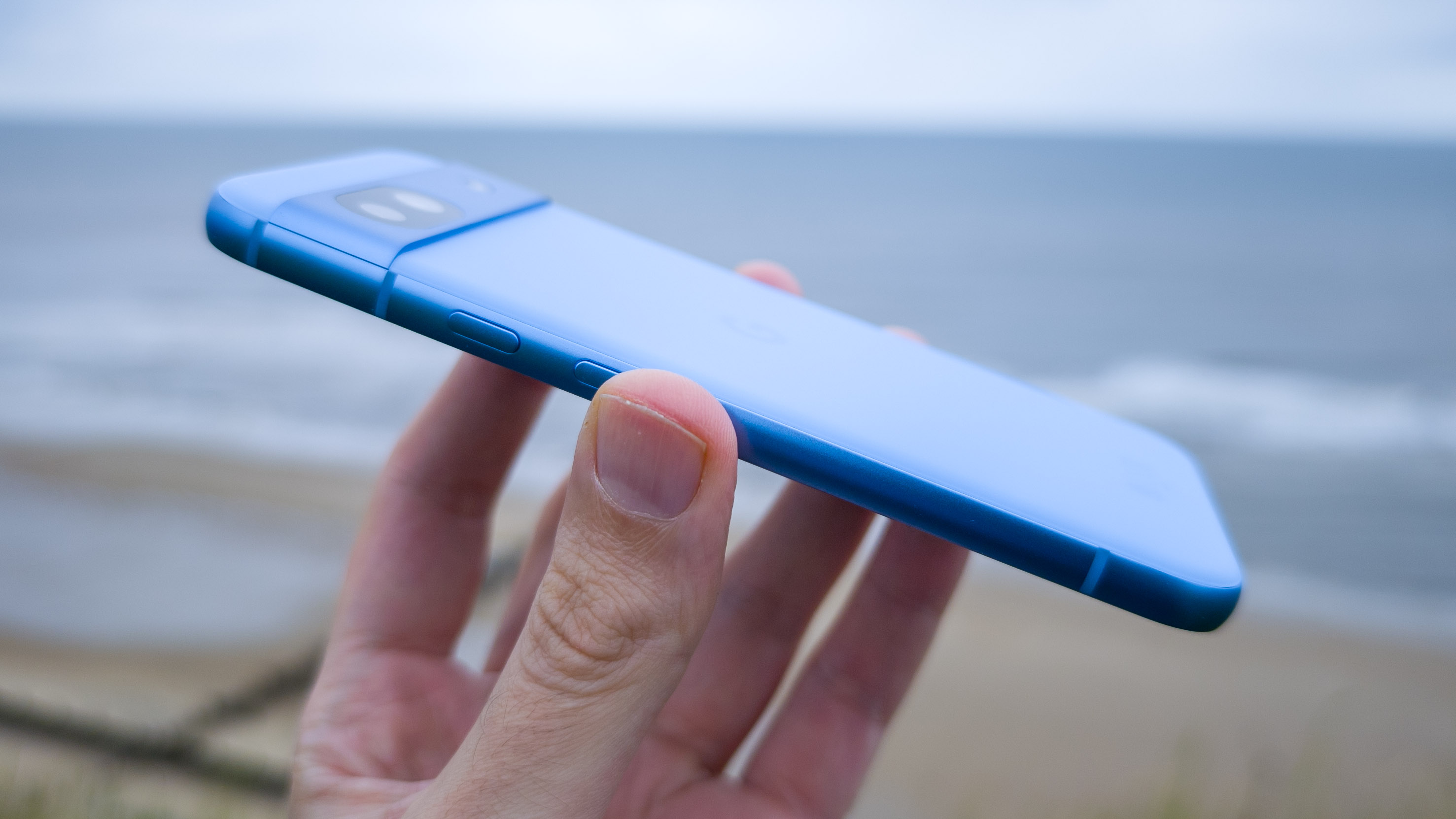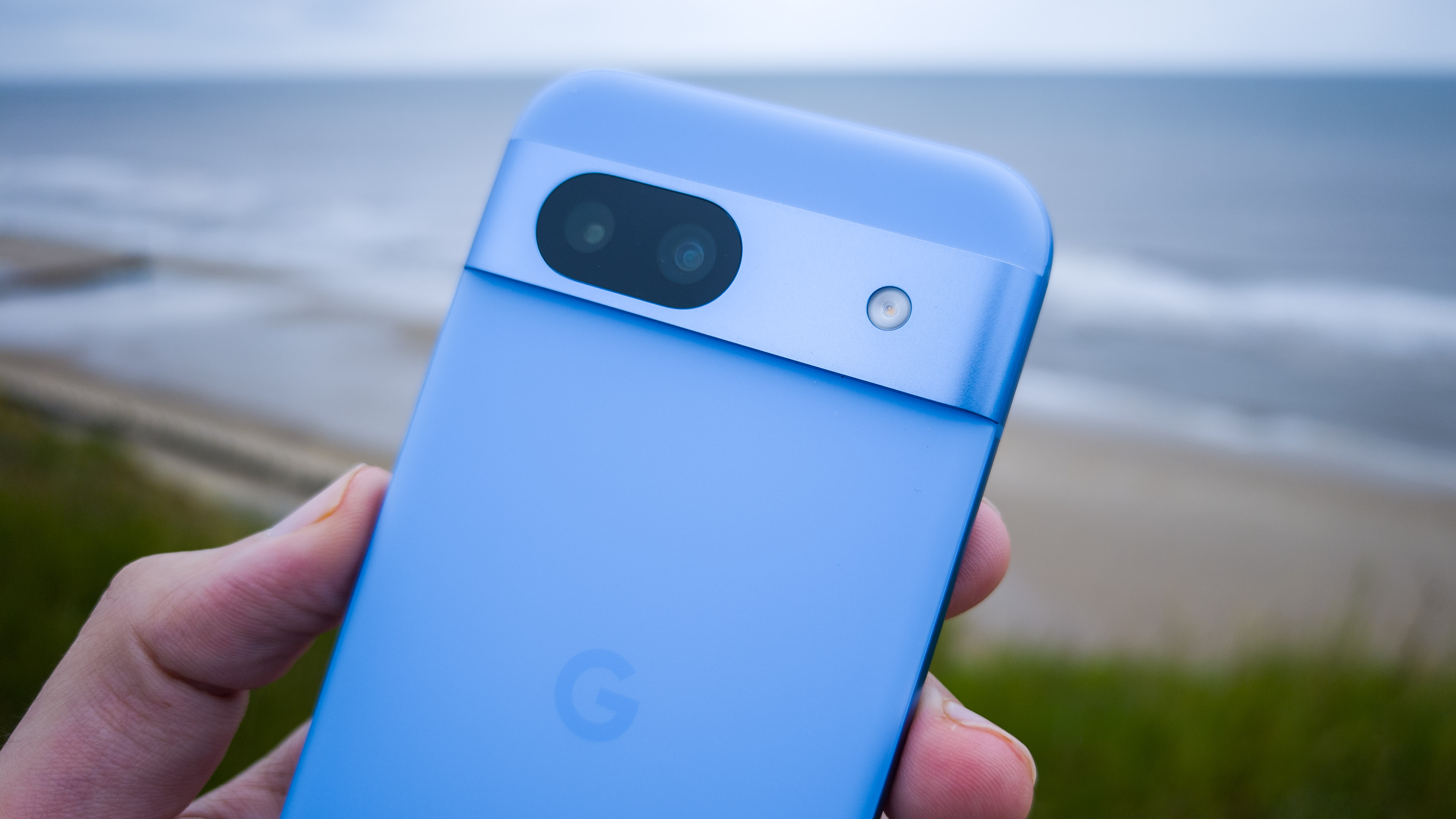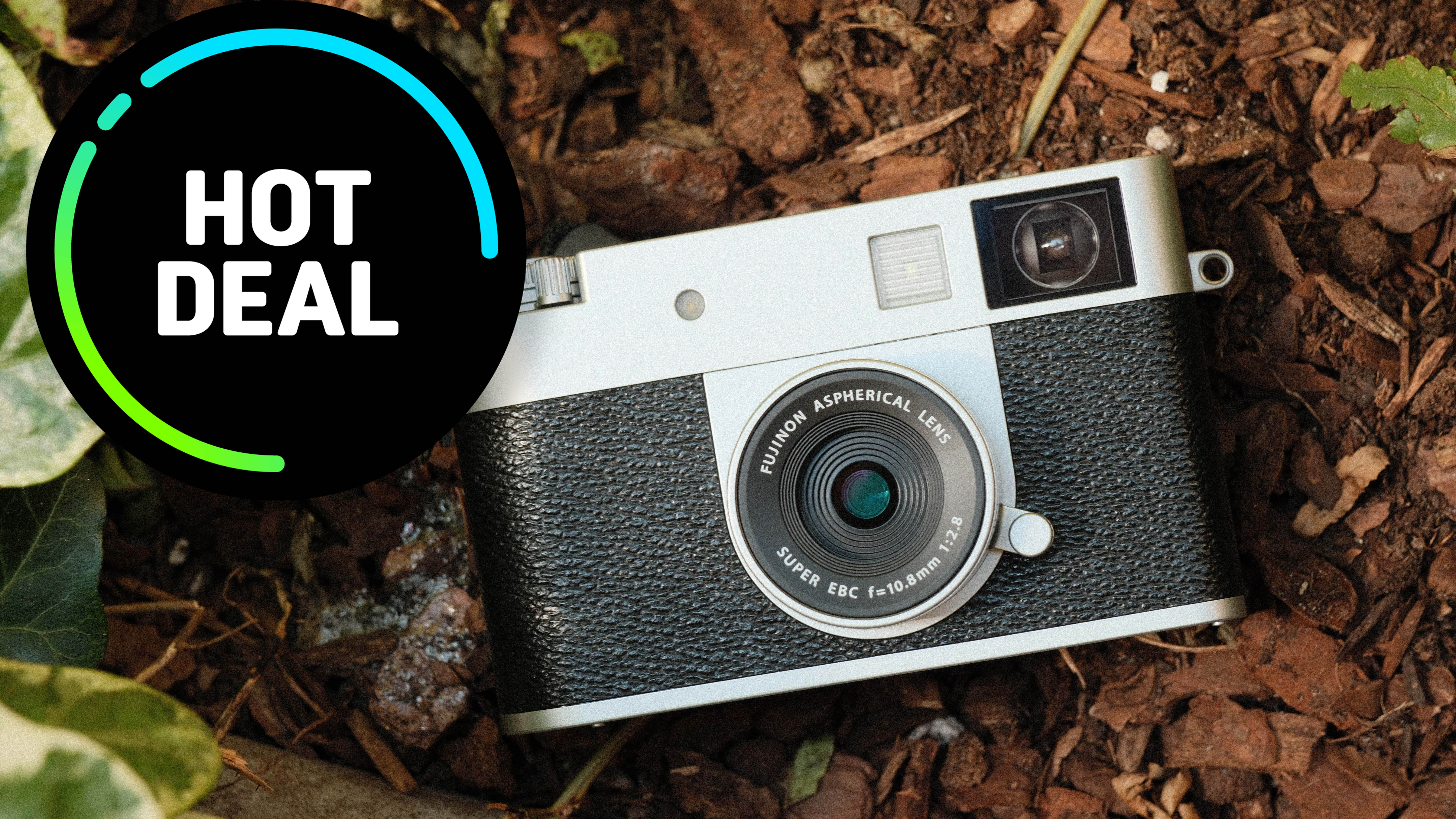Digital Camera World Verdict
On paper, the Google Pixel 8a isn't the best value option around with its 128GB storage and modest camera and gaming specs, but thanks to Google's excellent photo processing and handy AI features, it edges ahead of much of the competition. Its photos are reliably good even in challenging scenes, and the photo editing tools also help it stand out for the right reasons.
Pros
- +
Reliable photo processing
- +
IP67 water and dust resistant
- +
Wireless charging
- +
Smart AI features
Cons
- -
Chunky styling won't be for all
- -
Underwhelming gaming performance
- -
Plastic back doesn't feel premium
- -
No optical zoom
Why you can trust Digital Camera World
The Pixel 8a is a more affordable version of Google’s flagship Pixel 8 and 8 Pro. It packs pared-back hardware in a cutesy, bulbous package but still offers AI smarts and Google’s special sauce photo processing.
Starting at $499 in the US, £499 in the UK, and AU$849 in Australia for the 128GB model, the phone isn’t much cheaper than the Pixel 8, and it also has a lot of competition at its price. In the Apple camp, you can get a 2022 iPhone SE, or an iPhone 12, and Android fans could pick up the Samsung Galaxy A55 5G, Xiaomi 13T, or stump up extra cash for the Nothing Phone (2). Gamers would also be well served looking at the new Poco F6 Pro.
Loaded up with Google Gemini and baked-in AI features, the Pixel 8a could be a great value entry into out-of-the-box AI, helping justify the Pixel's price premium. So, is the 8a a camera champ with AI highlights or a mid-ranger that should have cost a bit less?
Google Pixel 8a design and screen
If the Pixel 8 and 8 Pro are Lego, the Pixel 8a’s chunky, bulbous styling feels more like Duplo. The extremely rounded corners, thick bezel surrounding the screen, and playful styling all come together to create a fun, light-hearted impression.
With a metal frame, the Pixel 8a definitely doesn’t feel cheap, but neither does it feel super-premium with its plastic back. With IP67 water and dust resistance and Gorilla Glass 3 on the front, it’s relatively durable and dunkable, but unlike some other midrange phones, Google’s Pixel 8a doesn’t ship with a case in the box or a pre-fitted screen protector.
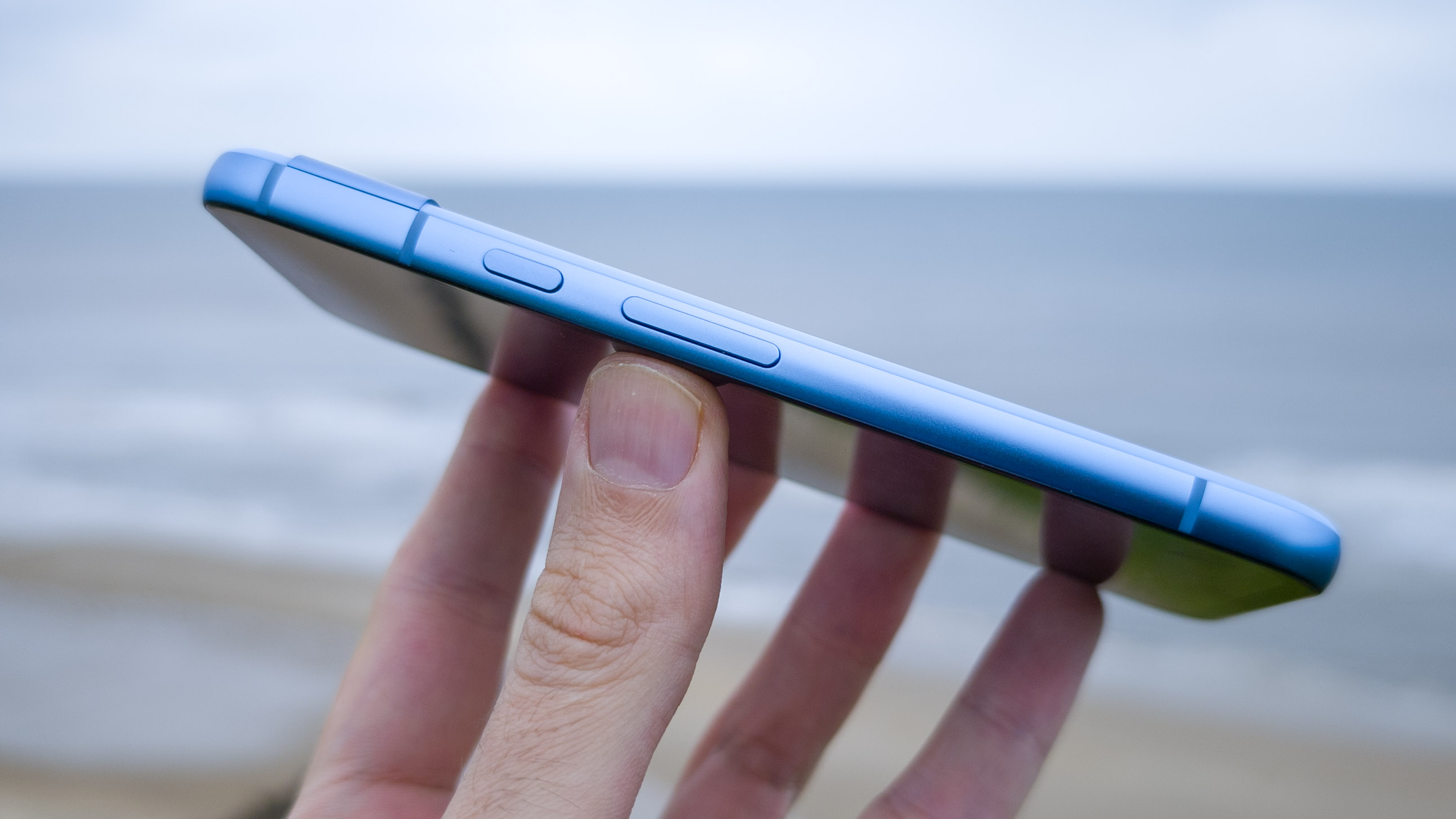
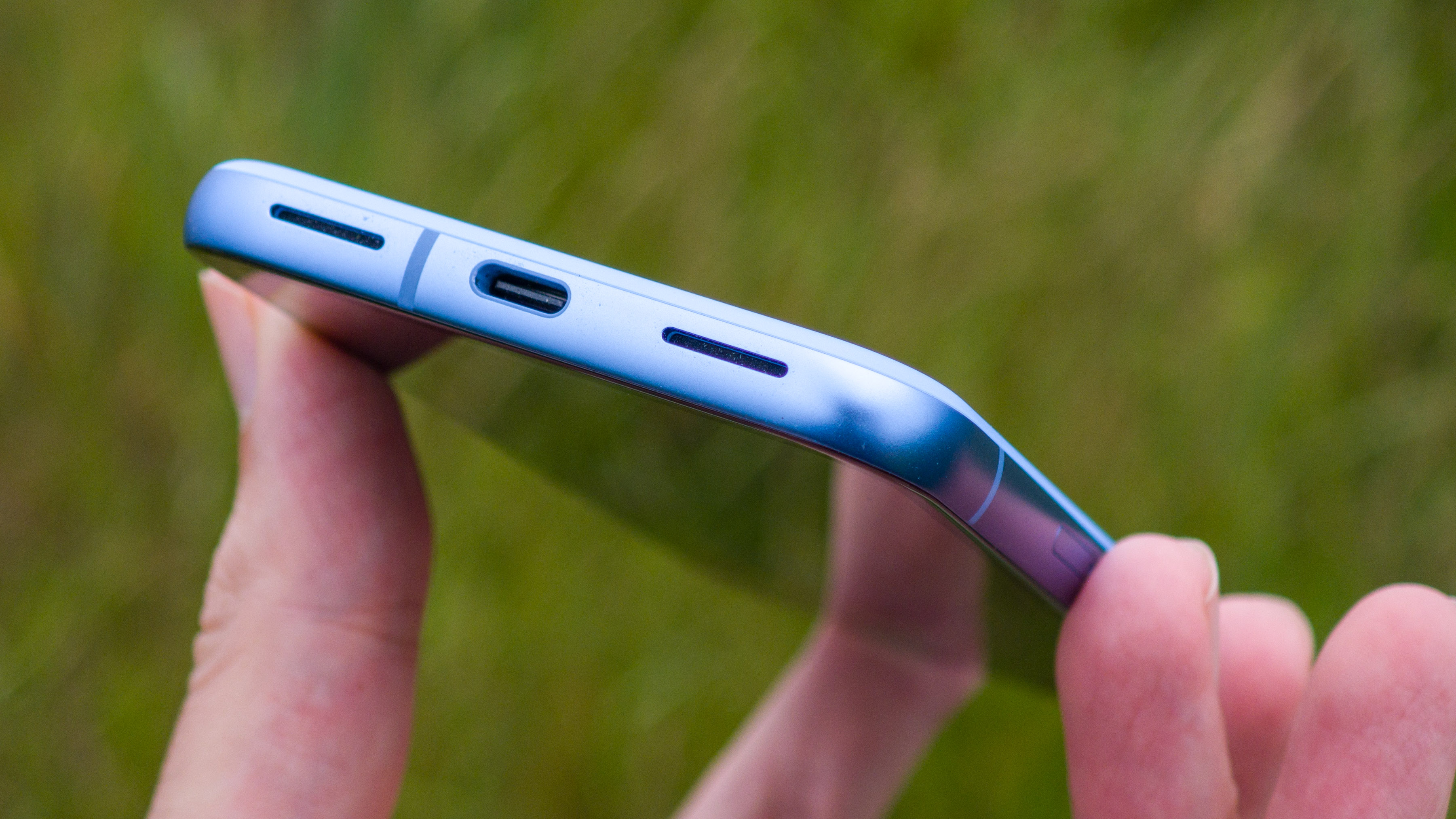
You can choose between four colors: Aloe (green), Bay (blue, pictured above), Obsidian (black), and Porcelain (white). Whichever you choose, the phone has a matte finish across its back and sides. All its buttons are on the right, the USB-C port is at the base, and there’s a responsive in-display fingerprint scanner.
The Pixel 8a’s screen is a manageable 6.1-inch OLED panel with a 120Hz refresh rate, Full HD resolution, and a 430 PPI pixel density. With HDR support and a peak brightness of 2000 nits, the 8a showcases impressive contrast and is relatively easy to see even when the sun’s out, so while its chunky bezels hold it back from looking flagship and futuristic, the picture quality is great.
The best camera deals, reviews, product advice, and unmissable photography news, direct to your inbox!
Google Pixel 8a camera specs
The Pixel 8a has two cameras around the back and one selfie camera. The primary camera features a 64MP, 1/1.73" sensor with an f/1.9 lens packing OIS. Hardware-wise, this isn’t the most impressive sensor at the price, with the Nothing Phone 2a outclassing it on paper. However, as we’ll come onto, Google’s photo processing produces excellent results.
The 8a’s ultra-wide camera and selfie camera appear to share the same specs, only with different focal lengths. Both are fixed-focus with a 13MP resolution and an f/2.2 aperture, with the ultra-wide camera lens being 120º, and the front camera lens being 96.5º.
Google’s AI imaging tools are arguably one of the Pixel 8a’s main selling points, with Best Take, Magic Eraser, Portrait Light, and Unblur helping out with photos and Audio Magic Eraser cleaning up video background noise.
Google Pixel 8a camera review
The key thing the Pixel 8a's camera gets right is reliable point-and-shoot photography. This isn't a $1,200+ Xiaomi 14 Ultra or Oppo Find X7 Ultra, so there's no cutting-edge camera hardware here, but the photo processing is reliably good at the phone's price, day or night.
The phone only has two cameras around the back, an ultra-wide, and a primary camera, but with in-sensor and AI zooming, you can punch in to 8x and still get usable results in bright environments.
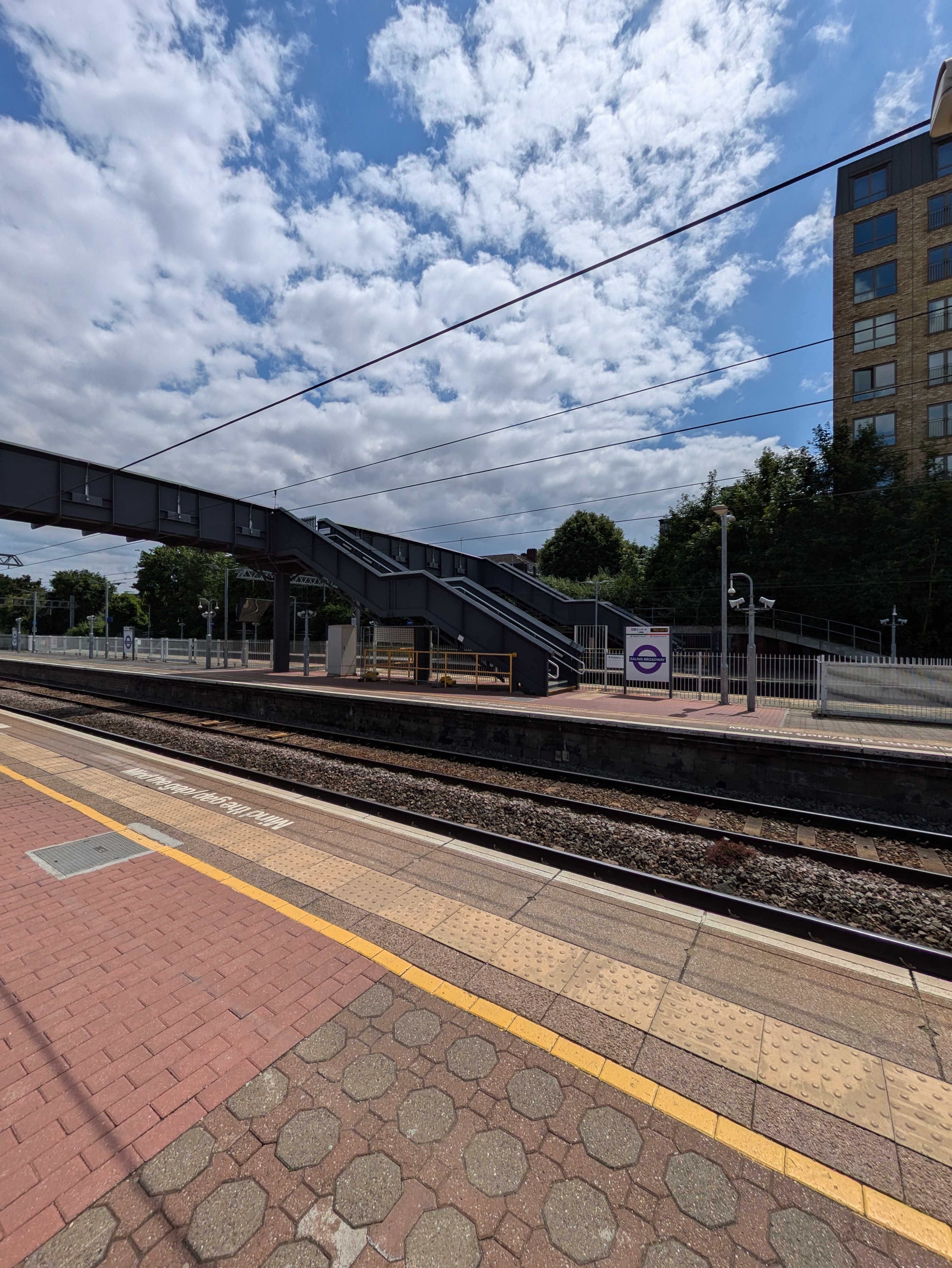
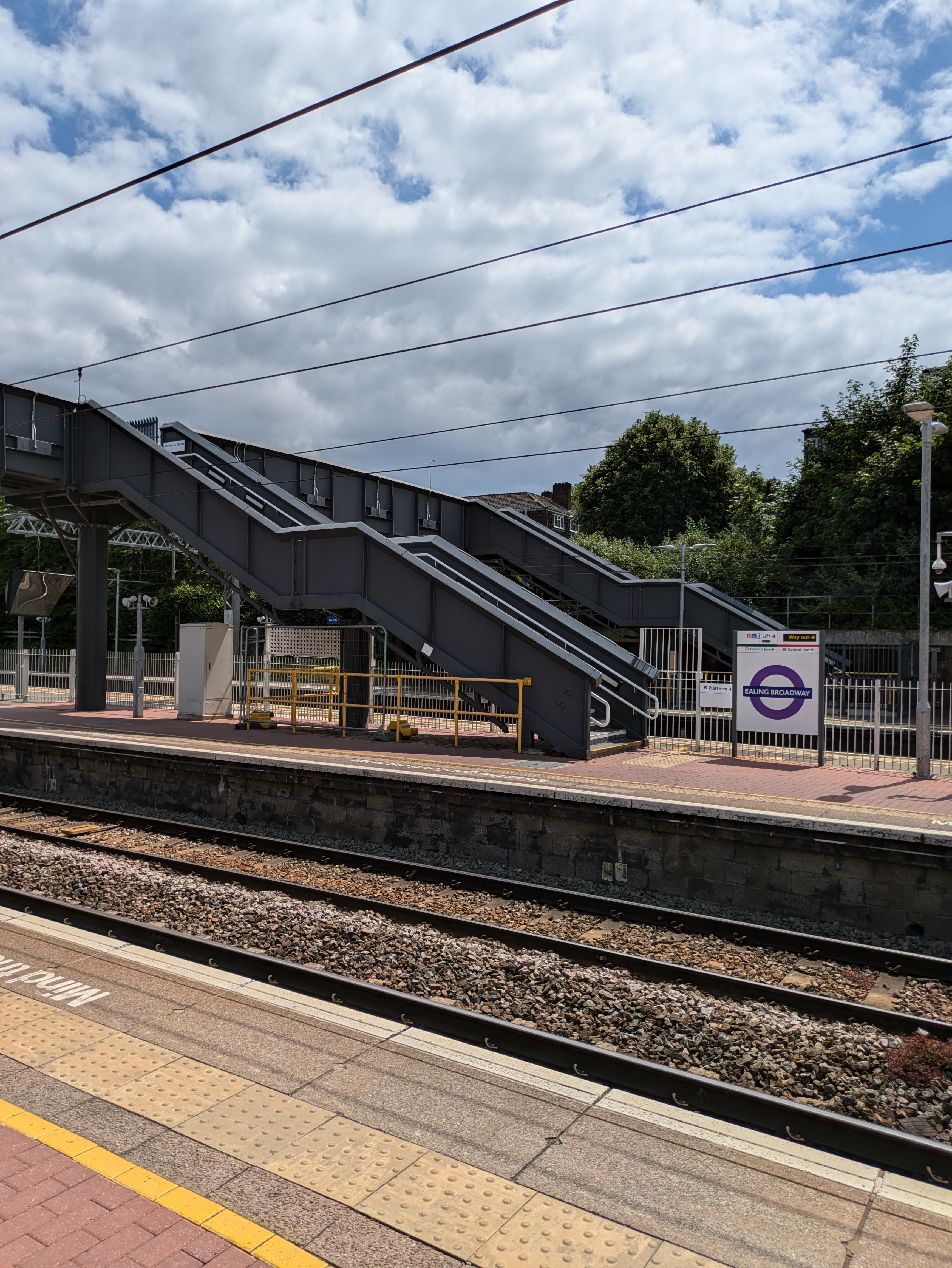
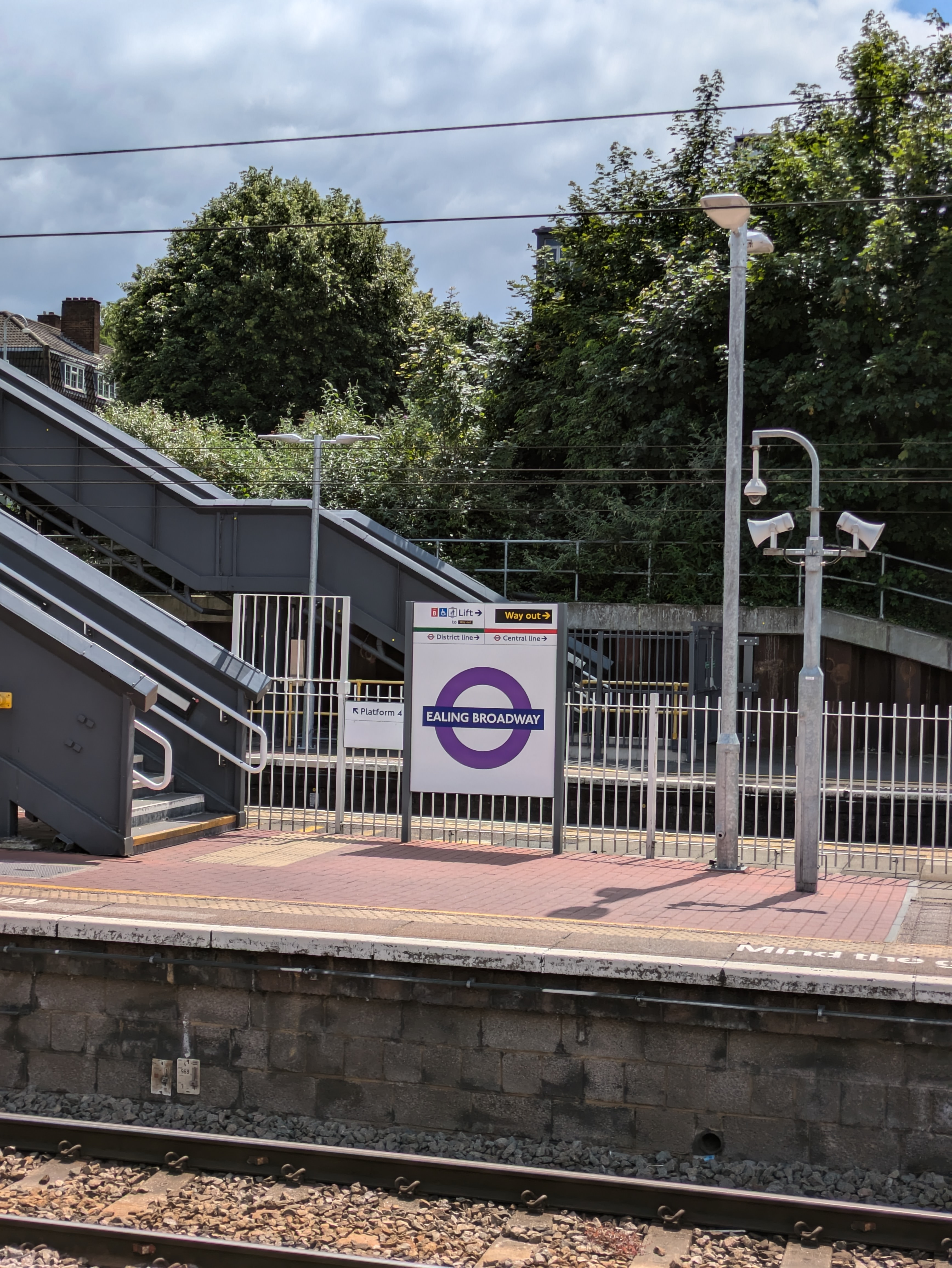
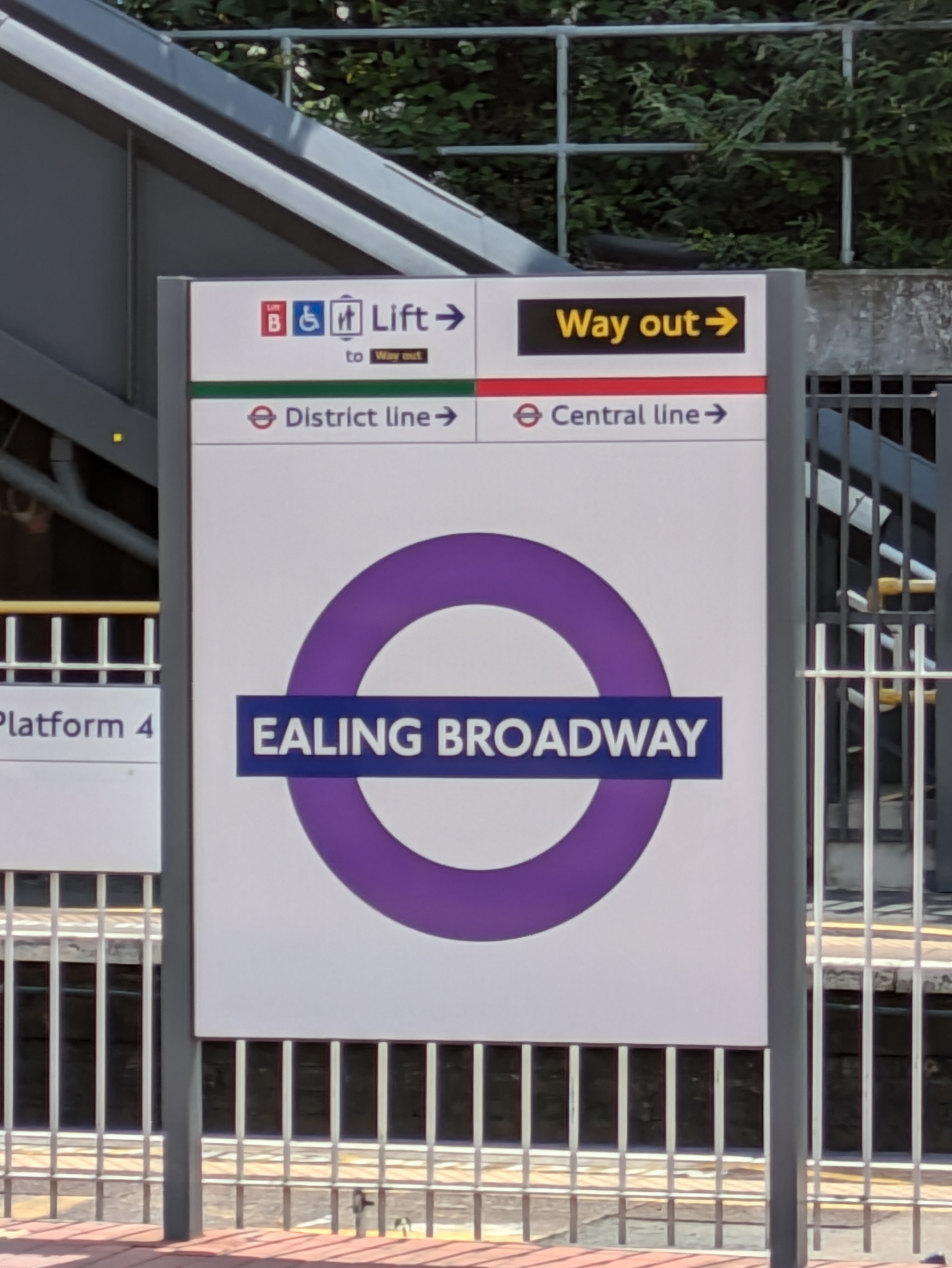
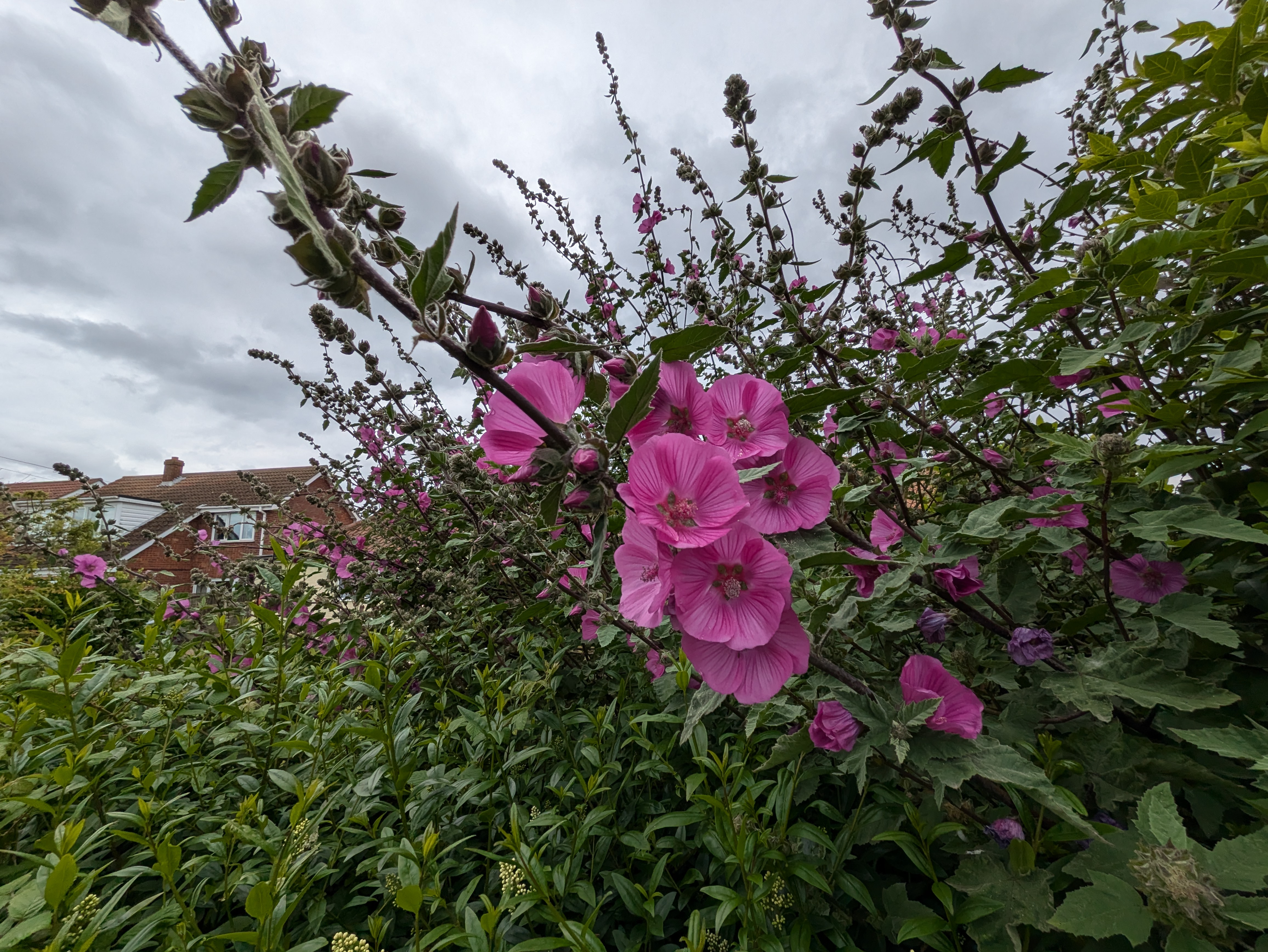

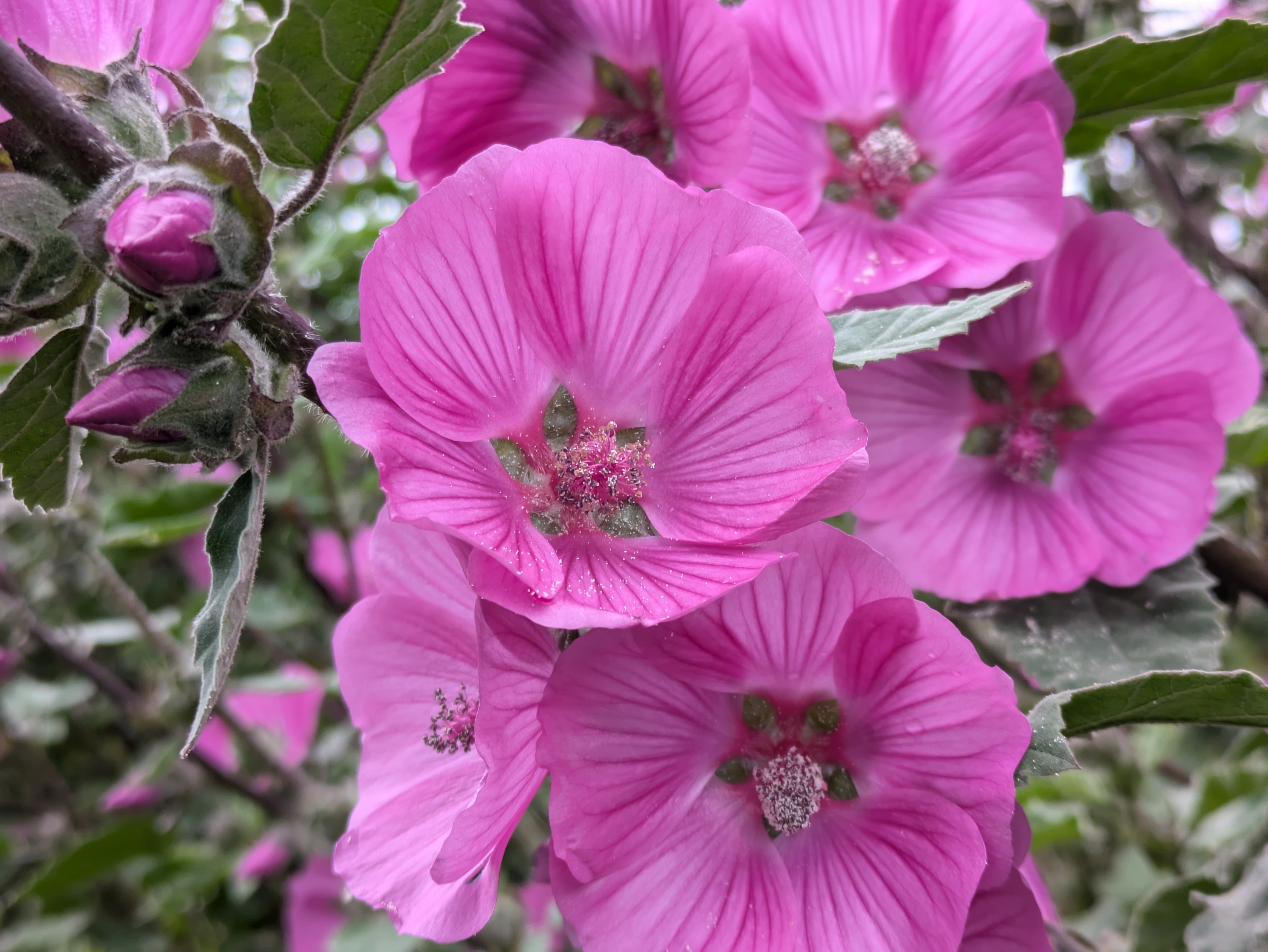
The Pixel 8a's photos showcase balanced colors and contrast and tastefully eradicate most clipping in the highlights, while also zapping featureless shadows. The key difference between photos taken on the wide and ultra-wide cameras (apart from the angle of view) is how well they hold up when you pinch into them. Ultra-wide photos aren't quite as loaded up with detail, so they crumble under the pressure of a crop or a pinch.
This reduced scope for cropping is particularly noteworthy in darker environments, with the Pixel 8a's ultra-wide softening results, though it still produces a cleaner-looking image than competitors across both rear cameras.
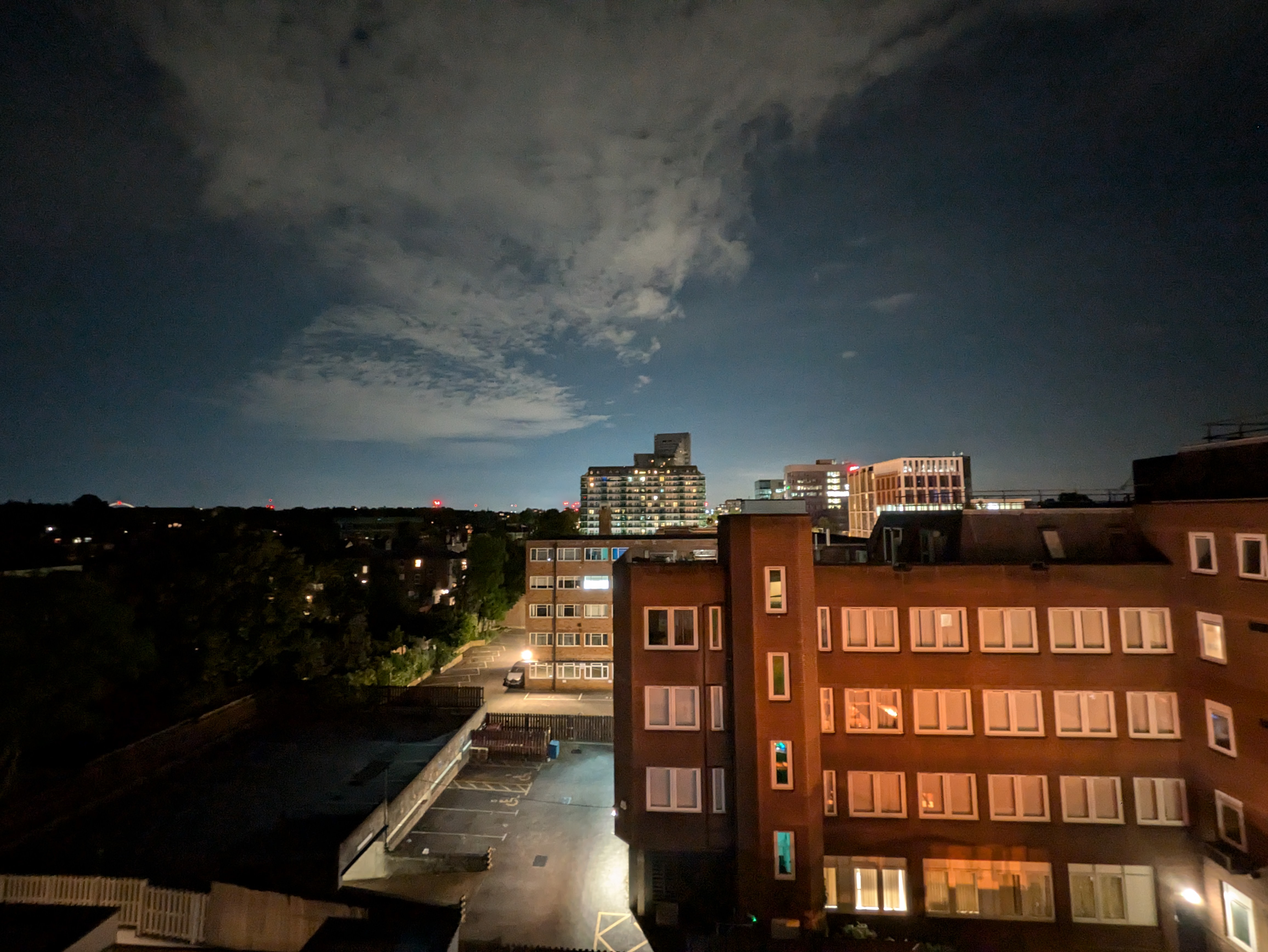
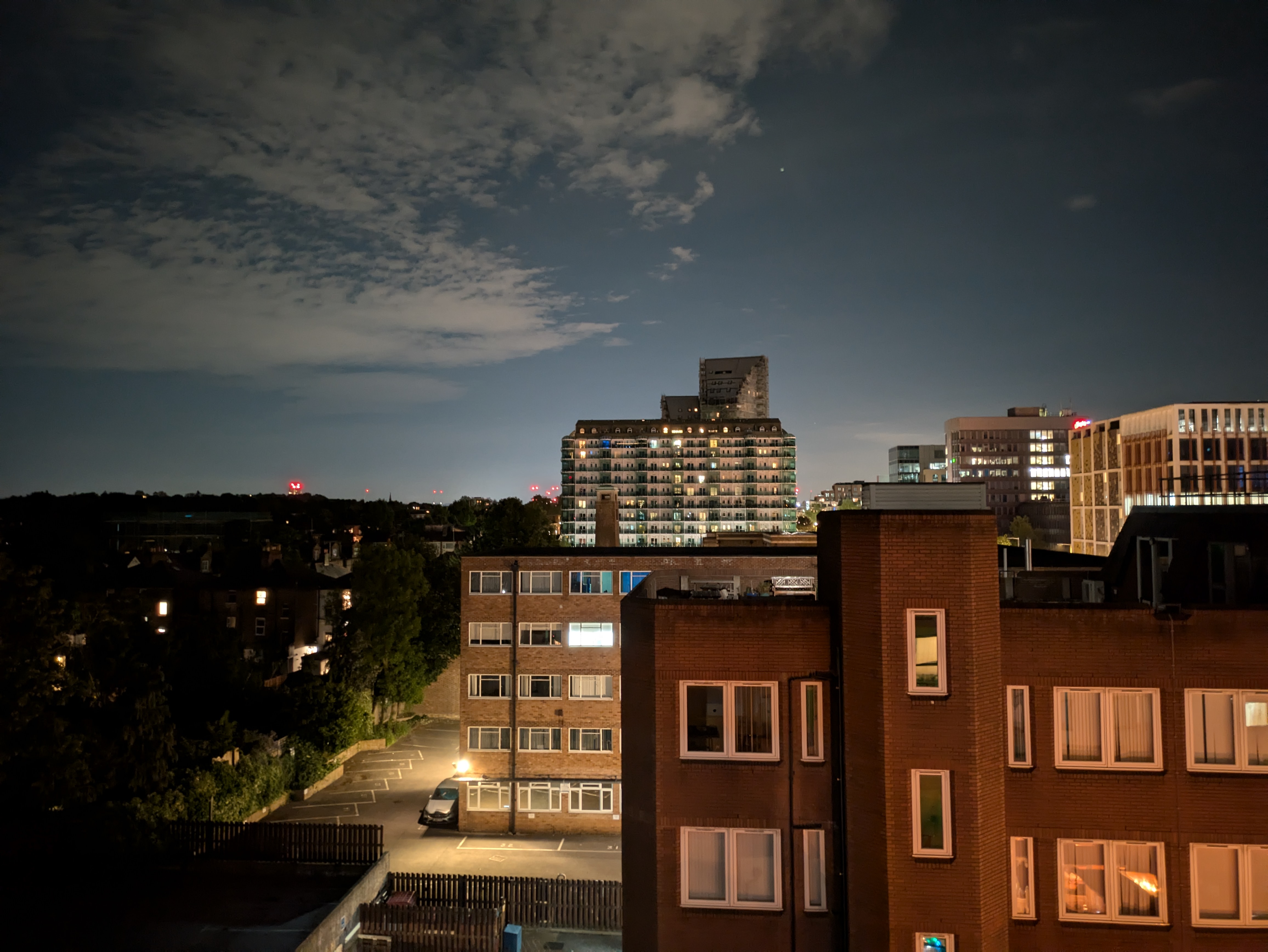
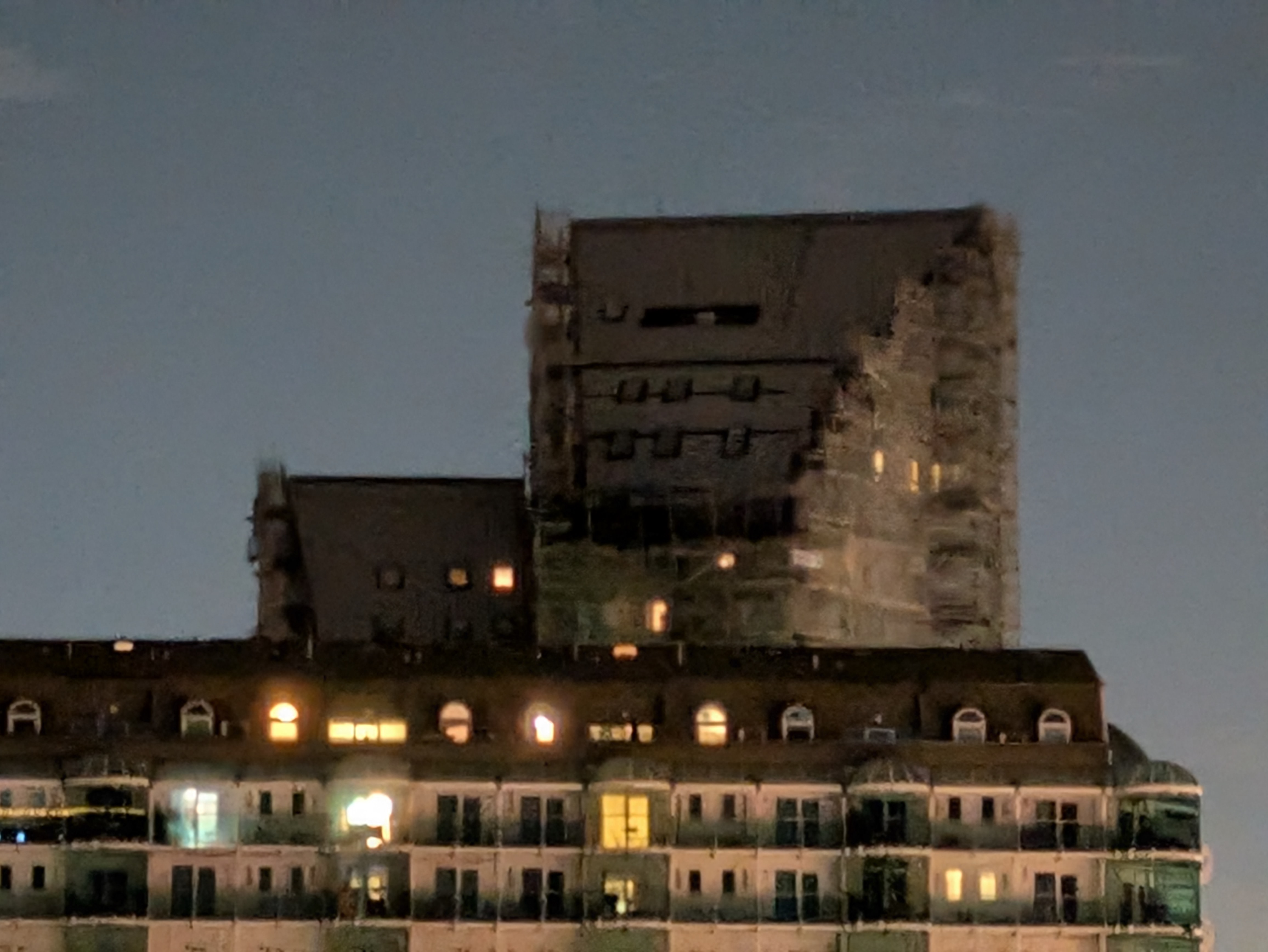
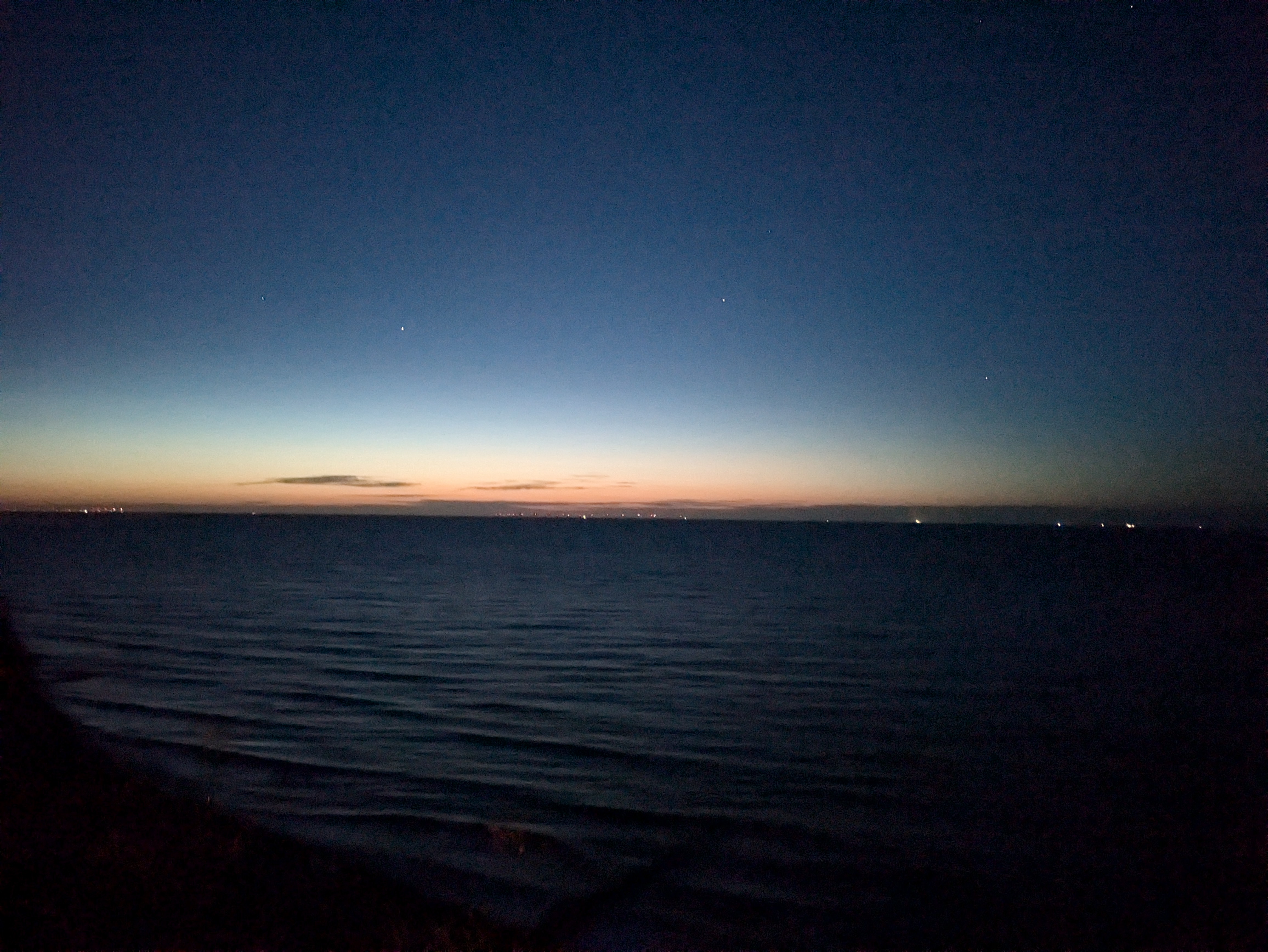
The Pixel 8a is a phone you can give to a 10-year-old, and they can snap a load of pictures that all look crisp, well-exposed, and intentional. There's just something about Google's photo processing that pulls even clumsy shots together very well at the 8a's price. You don't need to labor over each snap, so for anyone after a point-and-shoot camera phone, the 8a is an excellent shout for the price.
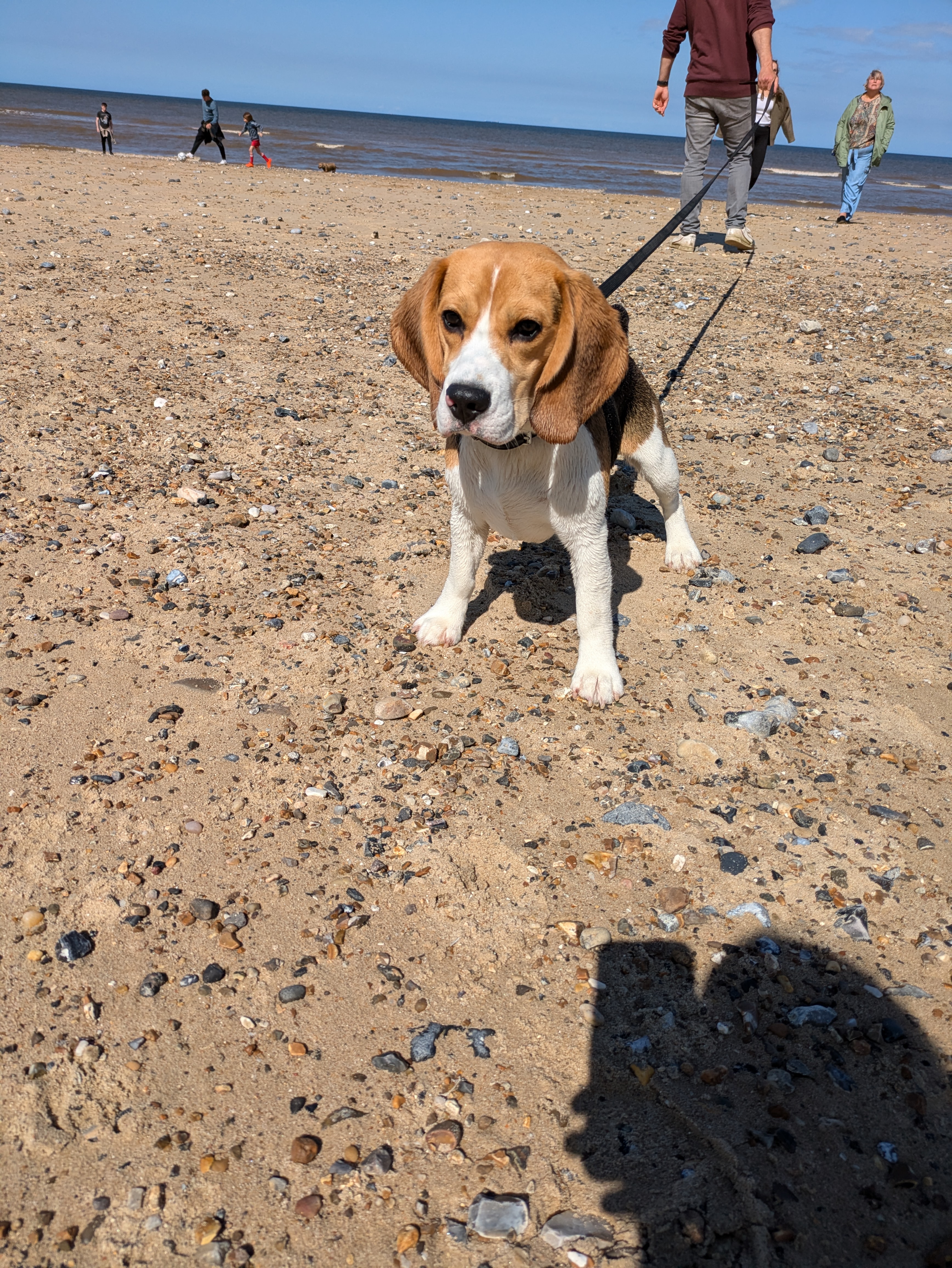
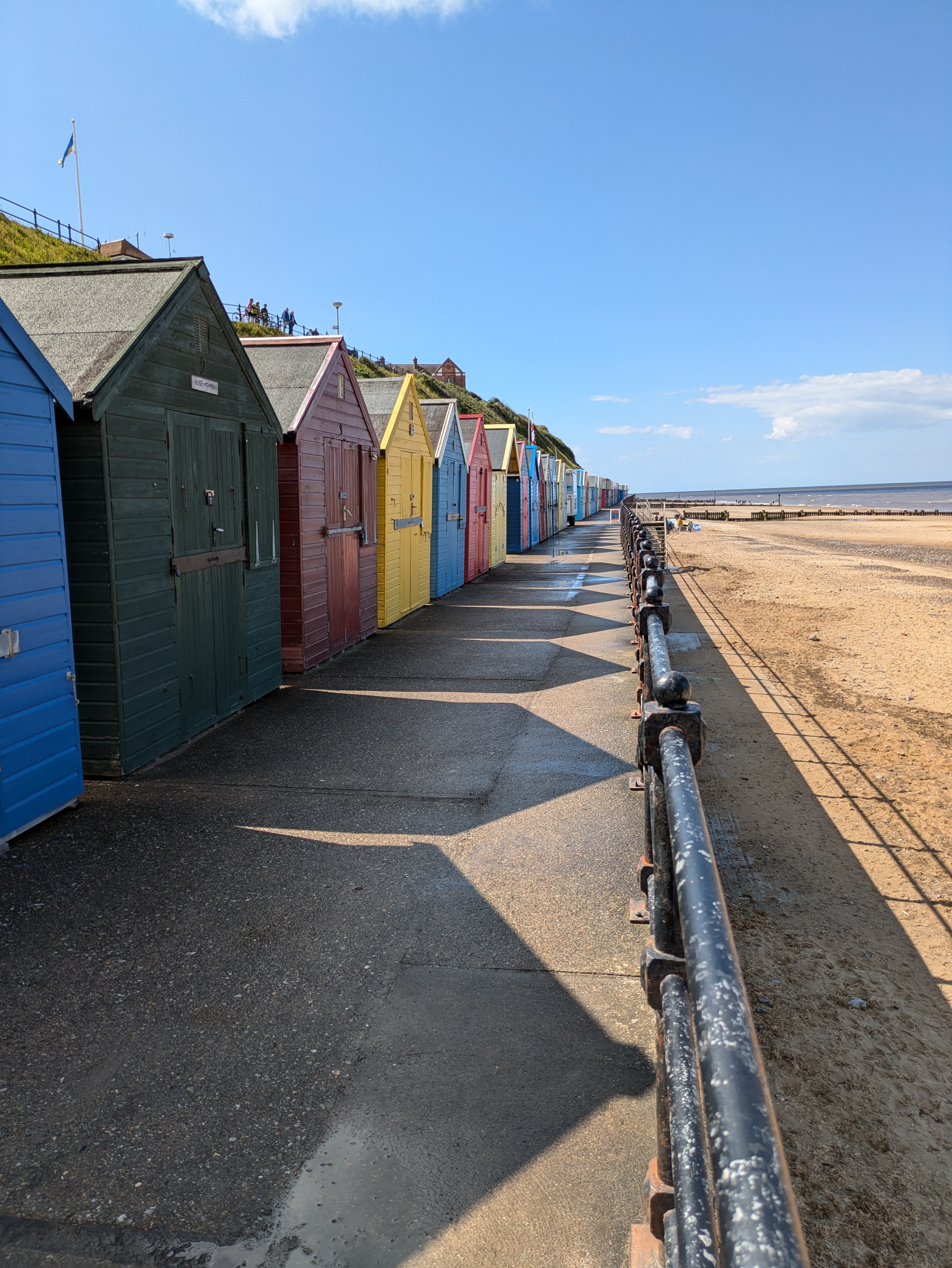
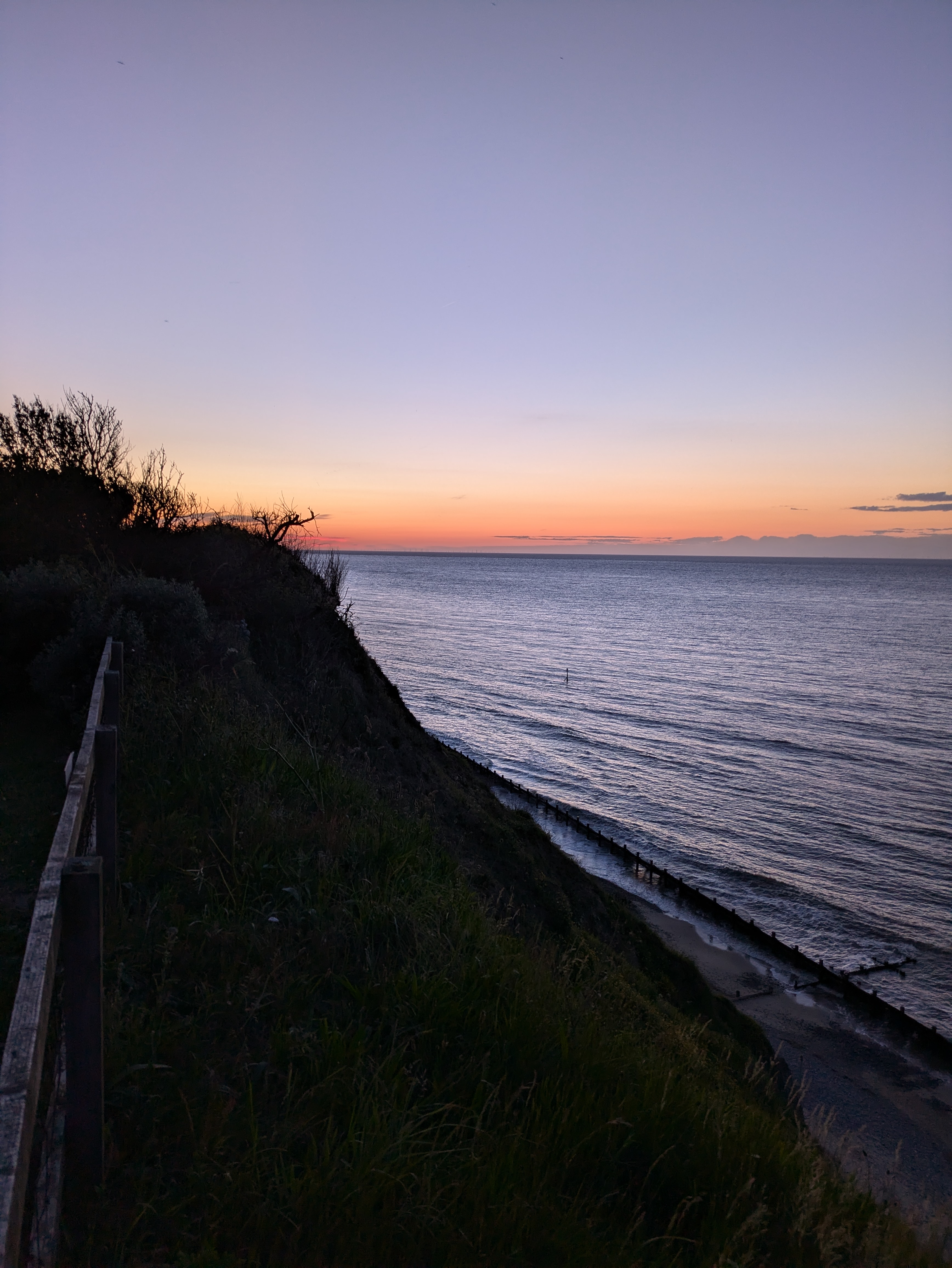
Despite the phone's modest wide camera sensor size, it still grabs convincingly shallow depth of field to give photos of subjects closer than a meter away notable background separation. The 8a is also excellent for photos of animals, quick to focus on eyes, pulling out plenty of texture in fur, both indoors and outdoors.
Google's Magic Eraser, Unblur tool, and Magic Editor, all part of the Pixel 8a image editing experience are also a cut above other AI editors at its price. The main drawbacks for photographers after a more nuanced shooting experience are the lack of RAW capture and manual controls.
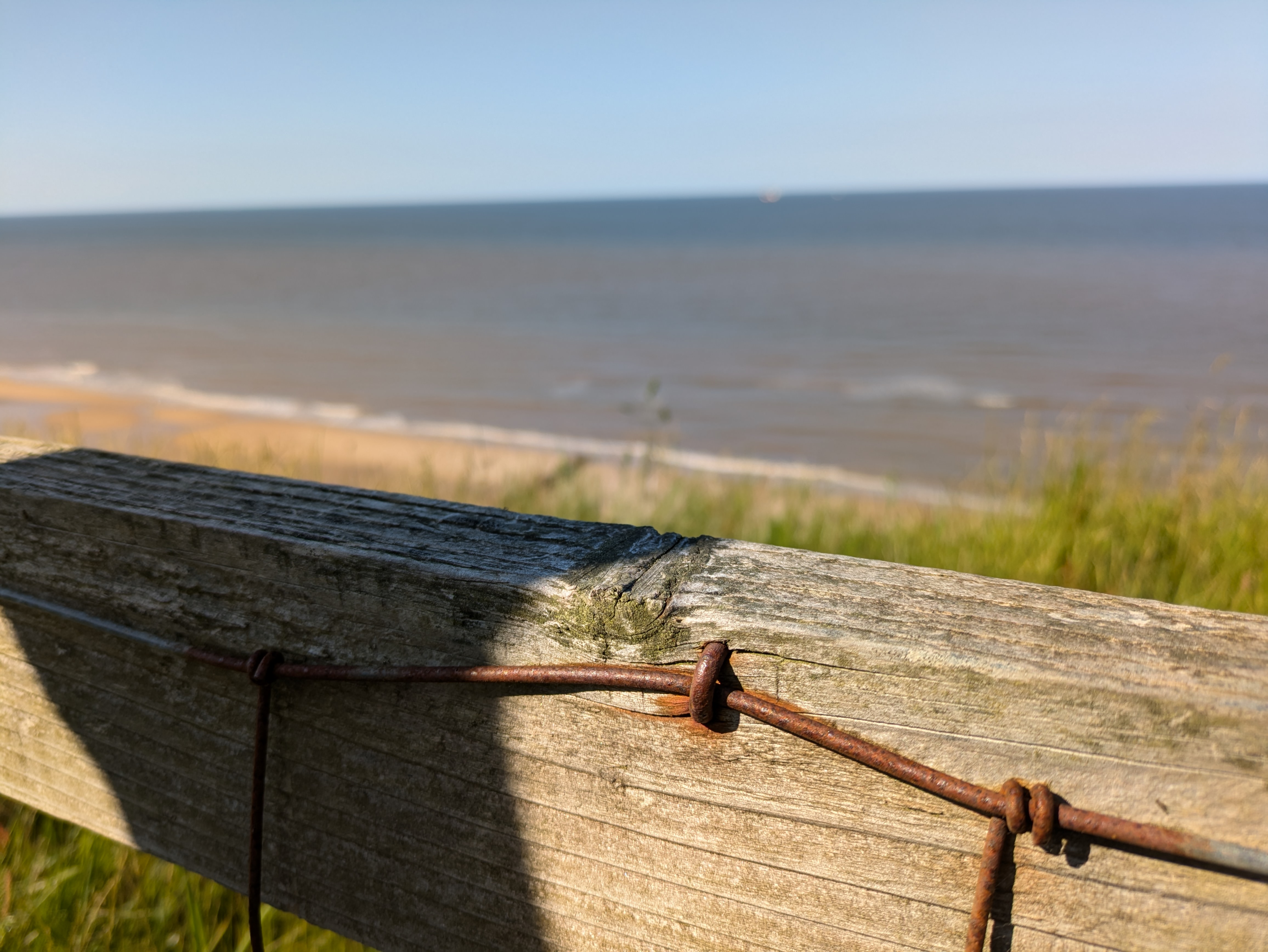
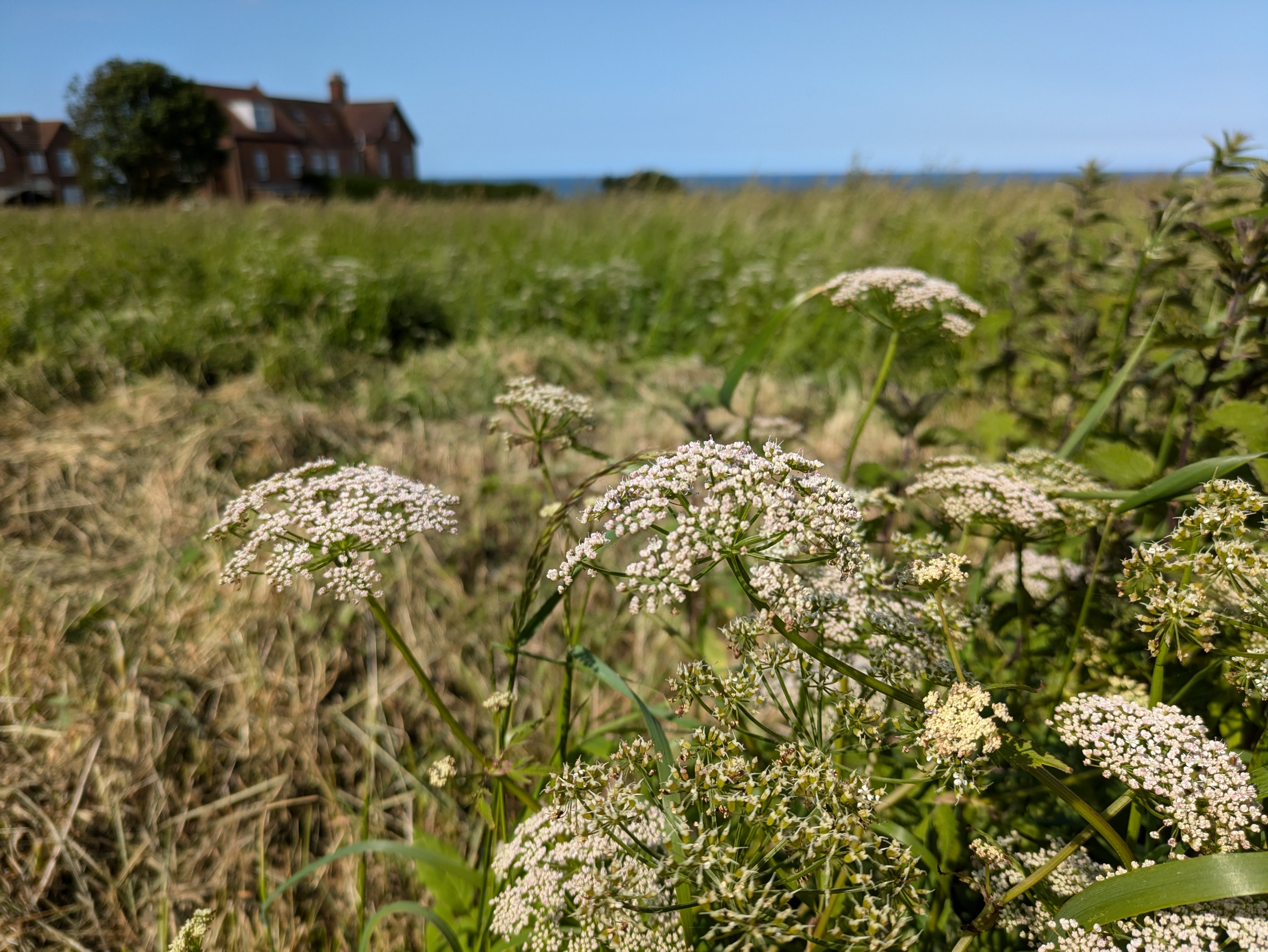
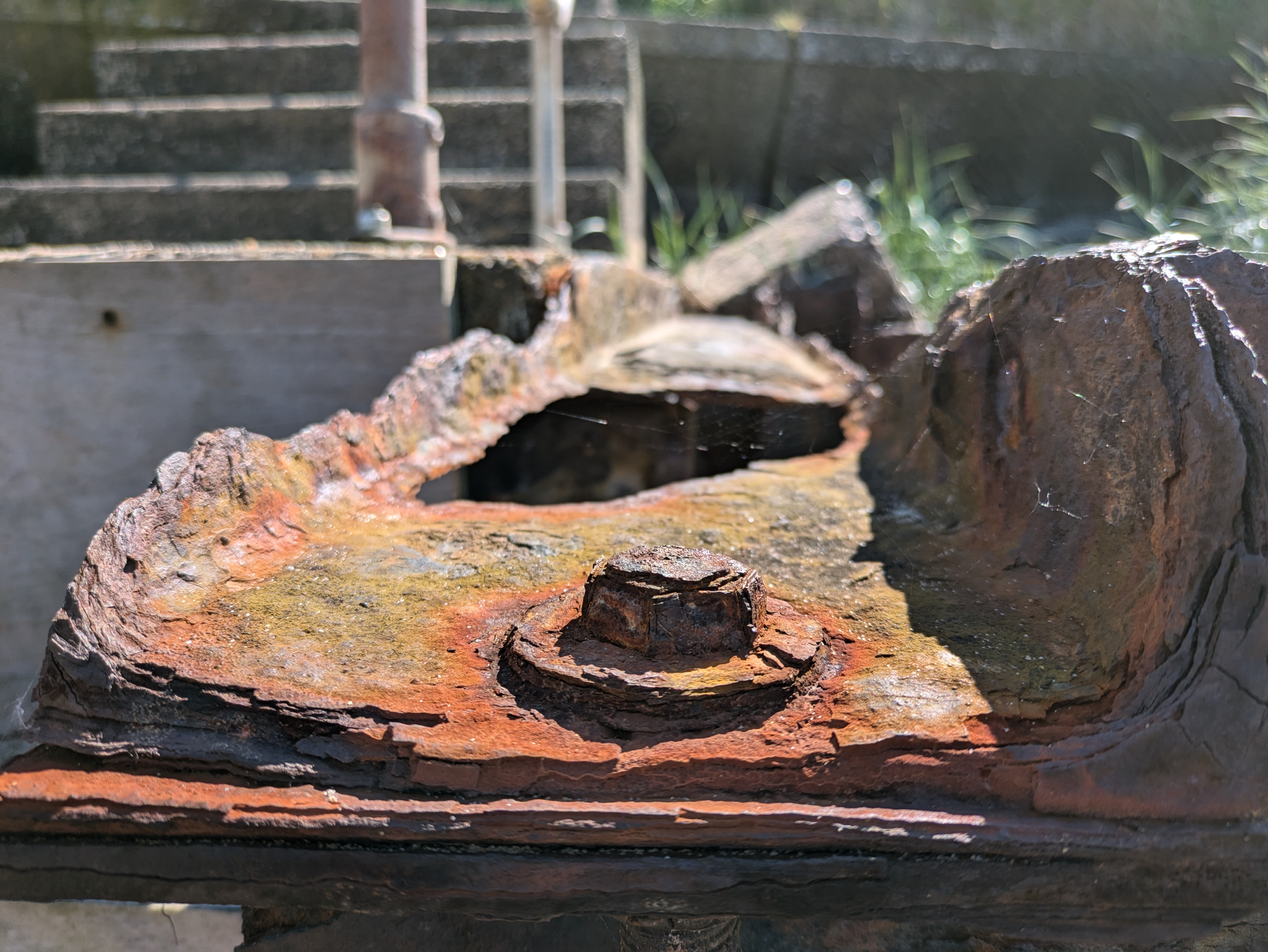
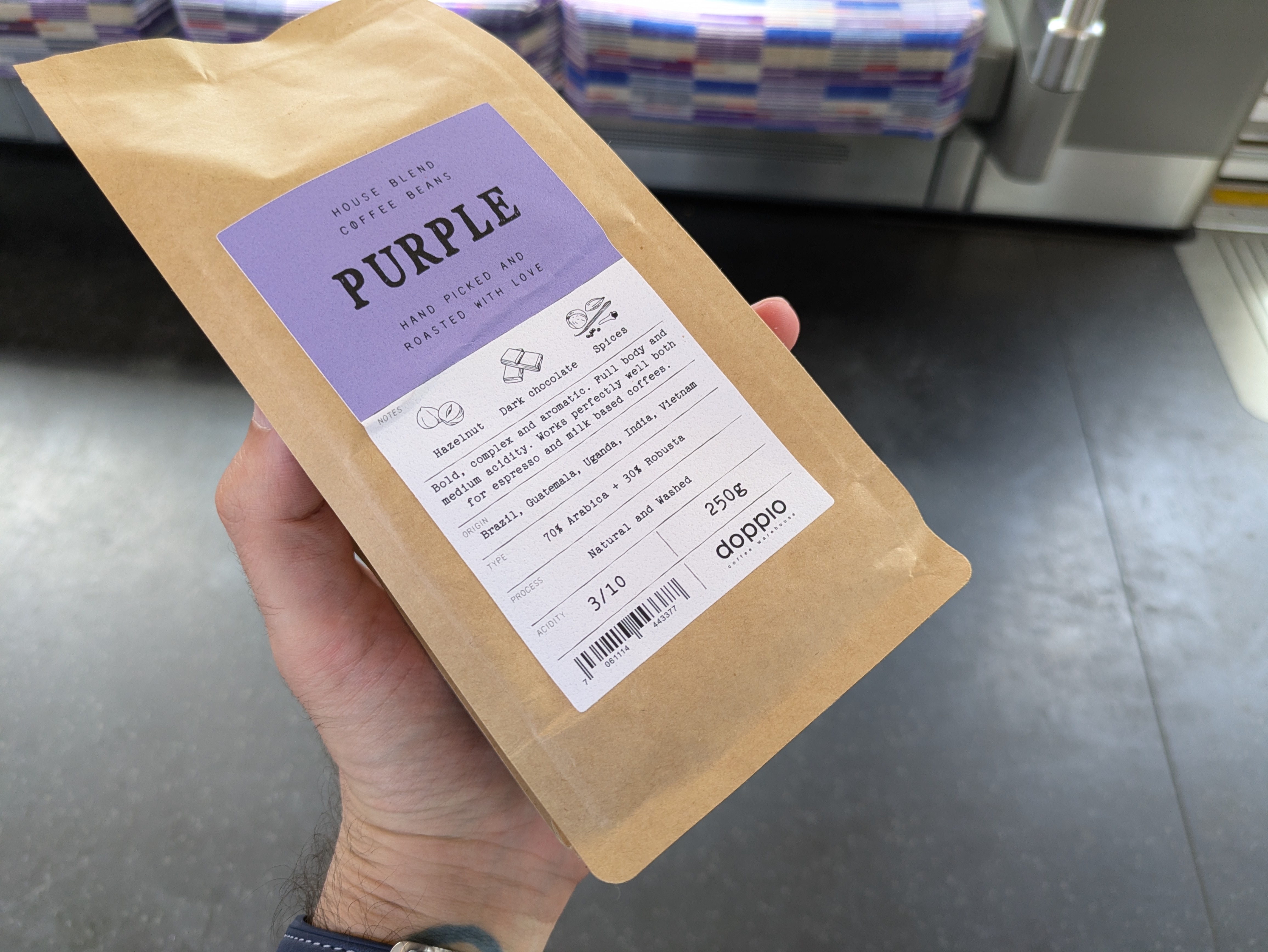
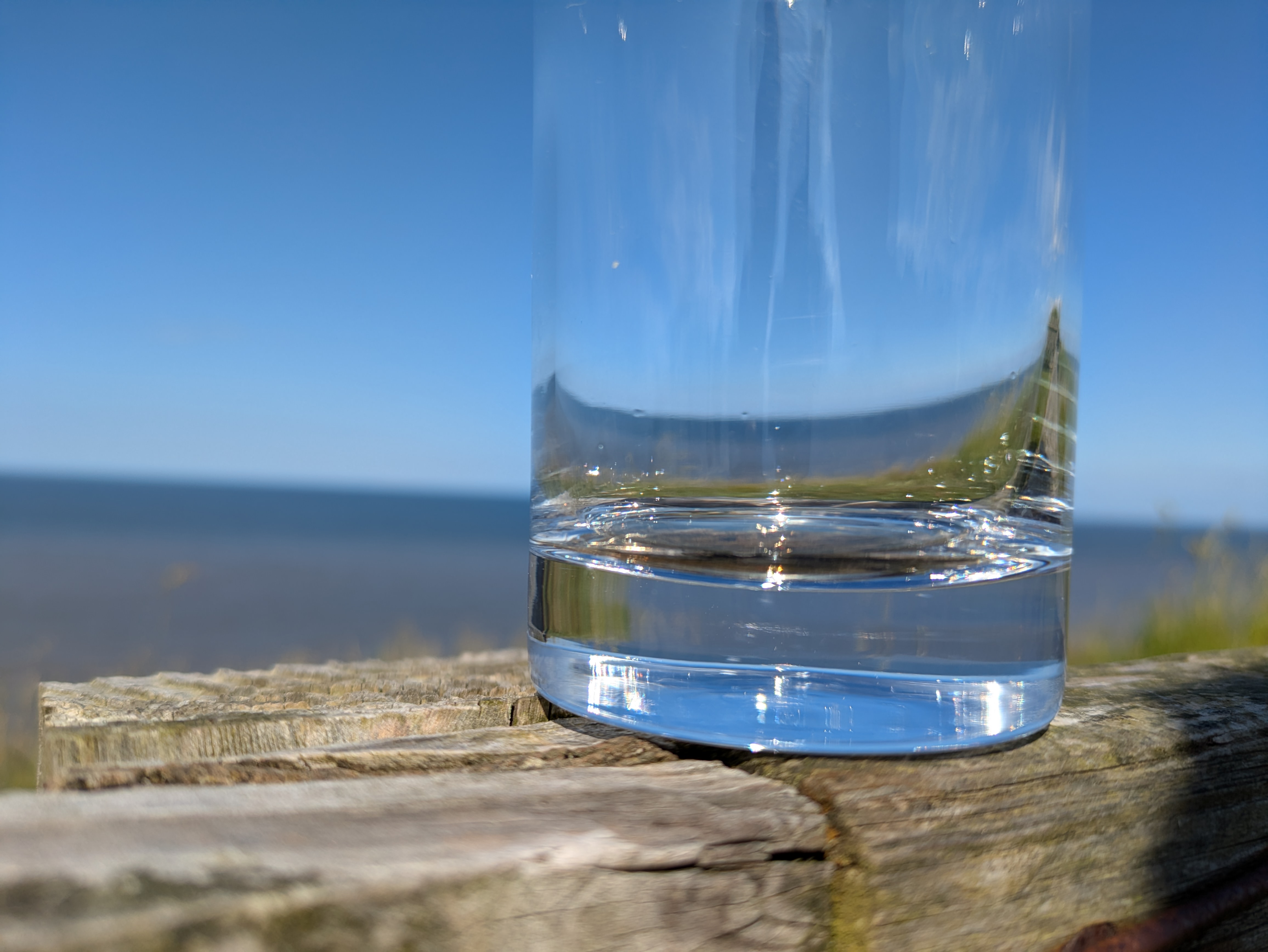
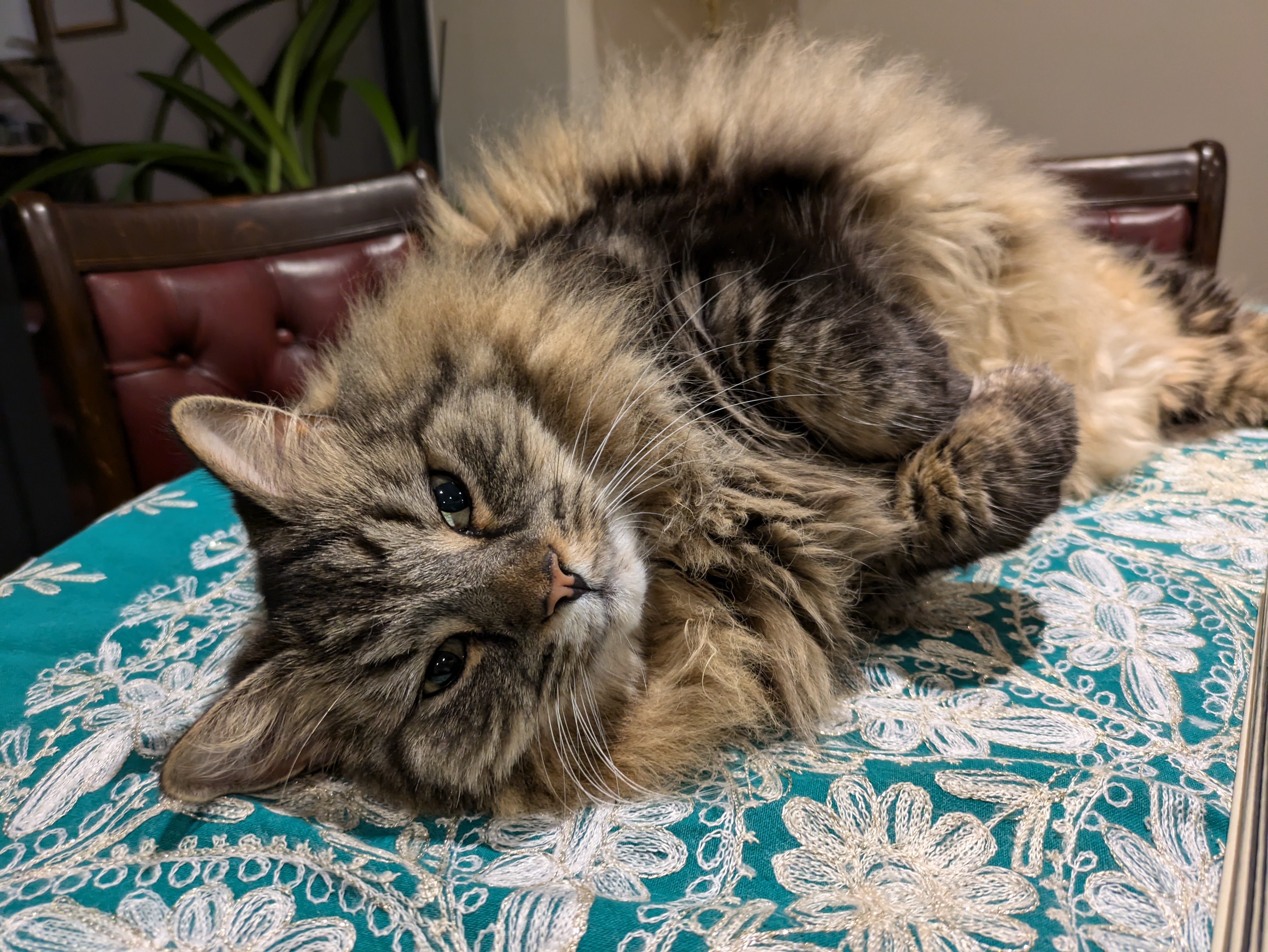
The Pixel 8a's 4K video looks excellent in brightly lit environments. We were able to shoot handheld at up to 60fps and seamlessly splice footage into a YouTube video we mostly shot on much pricier hardware. The ultra-wide camera caps out at Full HD and is a marked step down for video, especially when the lights drop.
Selfies also have a natural, flattering quality and handle dimly lit scenes respectably, provided the Pixel 8a is held by a steady hand and pointed at still subjects.
As with the rear camera mix, when lights go down, video quality is the first to fall, and its small sensors hold it back from capturing quality nighttime video. You can get better results from some alternatives, making nighttime video the main drawback of the 8a's camera..
Google Pixel 8a additional features
Powered by a Google Tensor G3 – the same chipset in the flagship Pixel 8 and 8 Pro – the Pixel 8a combines respectable performance for the price with the latest version of Android, and a clean, stock interface.
Gamers looking for maximum bang for their buck would be better served with a Poco F6 Pro or Nothing Phone 2, given Google’s Tensor chips are typically a step behind Qualcomm and MediaTek when it comes to GPU grunt. For day-to-day tasks and less demanding games, though, the Pixel 8a feels snappy and smooth with its 8GB RAM.
Available in either 128GB or 256GB storage options, we would suggest the higher-capacity Pixel 8a if you plan on using it for a couple of years or more. This suggestion is particularly noteworthy if you think you'll shoot a lot of large 4K video, or download large games like Genshin Impact or Wuthering Waves.
Google’s excellent sound recorder app is ready and waiting when you fire up the Pixel 8a. It can transcribe audio, identify speakers, and automatically back up recordings to your Google account.
With Google Gemini optionally replacing Google Assistant, this also unlocks AI voice assistance. Unlike ChatGPT and other third-party services, it integrates directly with Gmail, Google Docs and YouTube Music, so you can ask Gemini to summarize your emails, for example, and it will.
Google’s Circle to Search feature, introduced on the Galaxy S24 series, is also pre-loaded on the Pixel 8a for speedy searches. If that's what you're looking for, the Pixel 8a is the most AI-packed phone at its price.
With its 4492mAh battery, the Pixel 8a comfortably lasts a full day of moderate use, but heavy users may struggle to make it from first thing in the morning to last thing at night.
While Google doesn't include a charger in the box with the Pixel 8a, it does charge using the PD 3.0 standard at up to 30W, which allows for a full charge in around 100 minutes and a 50 percent charge in half an hour.
It's also great that Google promises seven years of Android updates with the Pixel 8a, adding a degree of future-proofing seldom seen at the phone's price.
Google Pixel 8a verdict
Despite not having the mightiest camera hardware around, the Pixel 8a is an impressive camera phone. Thanks to Google's smart processing, it can capture a good point-and-shoot picture in most lighting conditions. Its 4K video also looks impressive, provided the lighting is on its side, and the day-to-day experience feels nippy.
Loaded up with smart features, how many of them you choose to use will depend on how comfortable you are integrating AI into your daily life. But if you’re buying what Google’s selling, nothing at the Pixel 8a’s price can touch it on that front.
Being one of the best camera phones of 2024 when it comes to value for money, the only group of smartphone buyers we wouldn’t recommend the Pixel 8a for at its price are gamers. The Tensor G3 chip falls behind the Snapdragon 8 Gen 2 in the Poco F6 Pro. The fact that the F6 Pro also offers more storage for large games gives it another win over the Pixel 8a.
If you’re able to find a great deal on a Pixel 8 and prefer glass and metal versus the 8a’s plastic back, then that’s another option. Generally, though, the Pixel 8a represents a reliably good all-around phone with a great camera and eerily smart AI features out of the box.
Basil Kronfli is a freelance technology journalist, consultant, and content creator. He trained in graphic design and started his career at Canon Europe before moving into journalism. Basil is also experienced in video production, independently running the YouTube channel TechEdit, and during his time at Future, he worked alongside the Digital Camera World team as a senior video producer.
